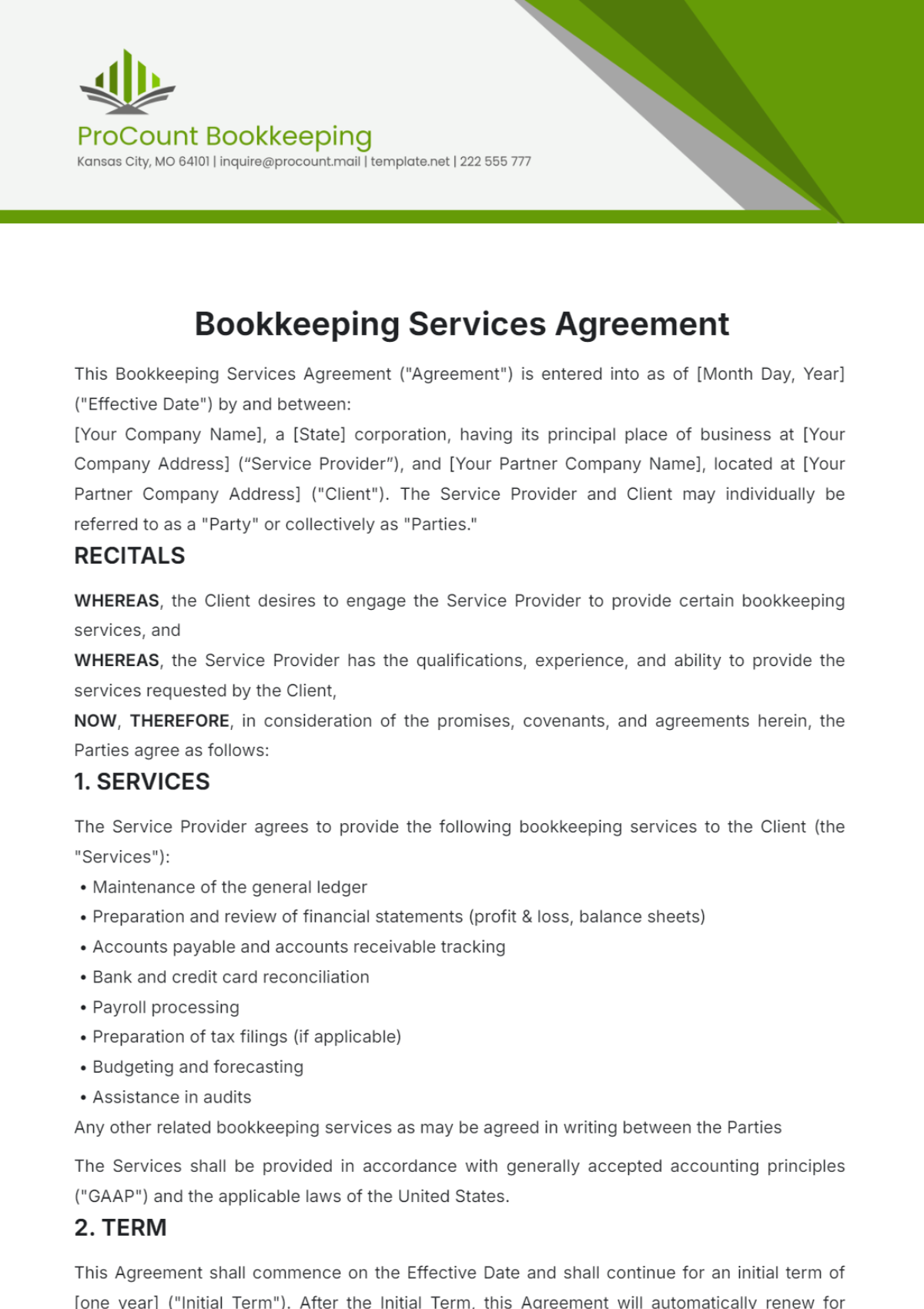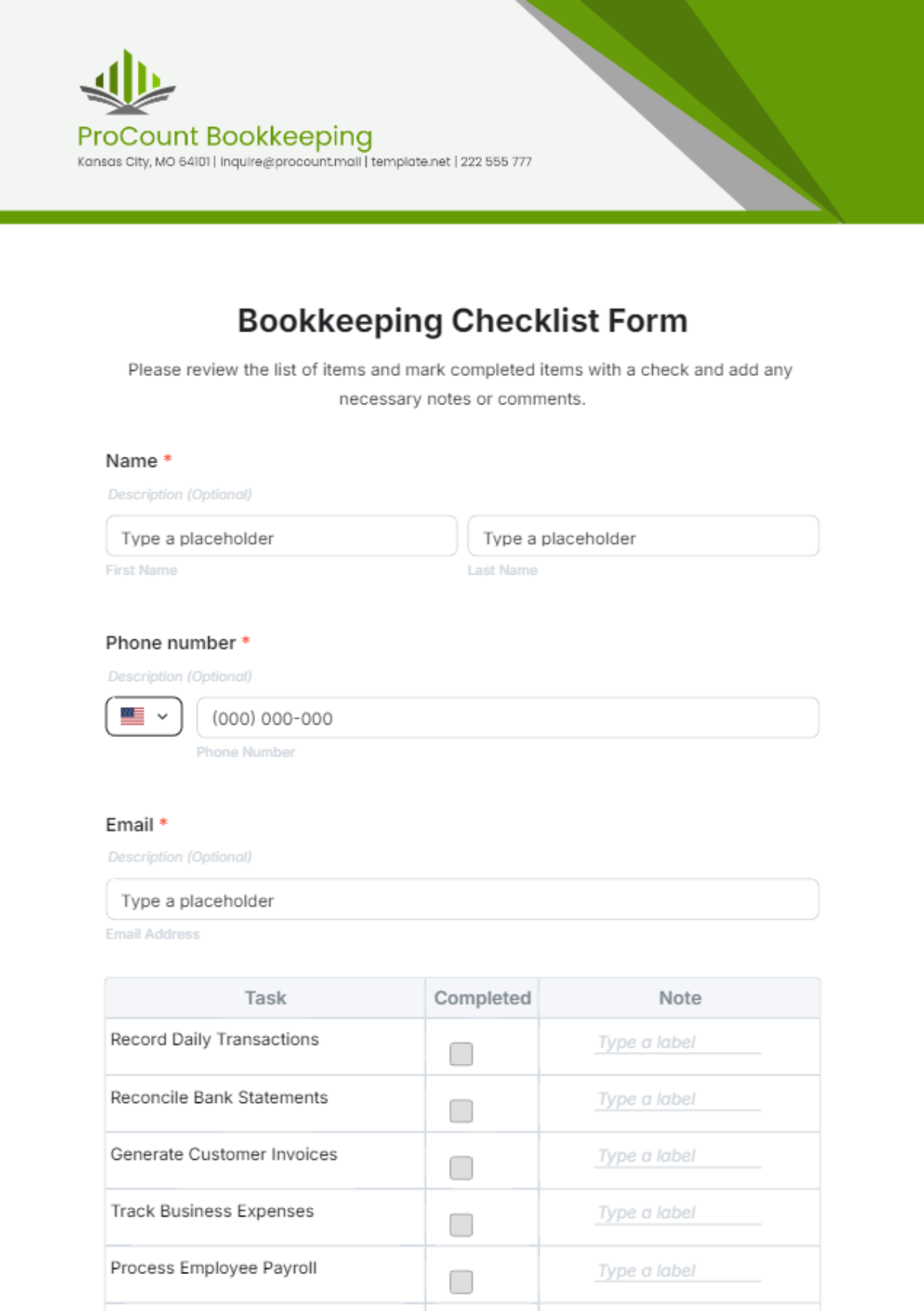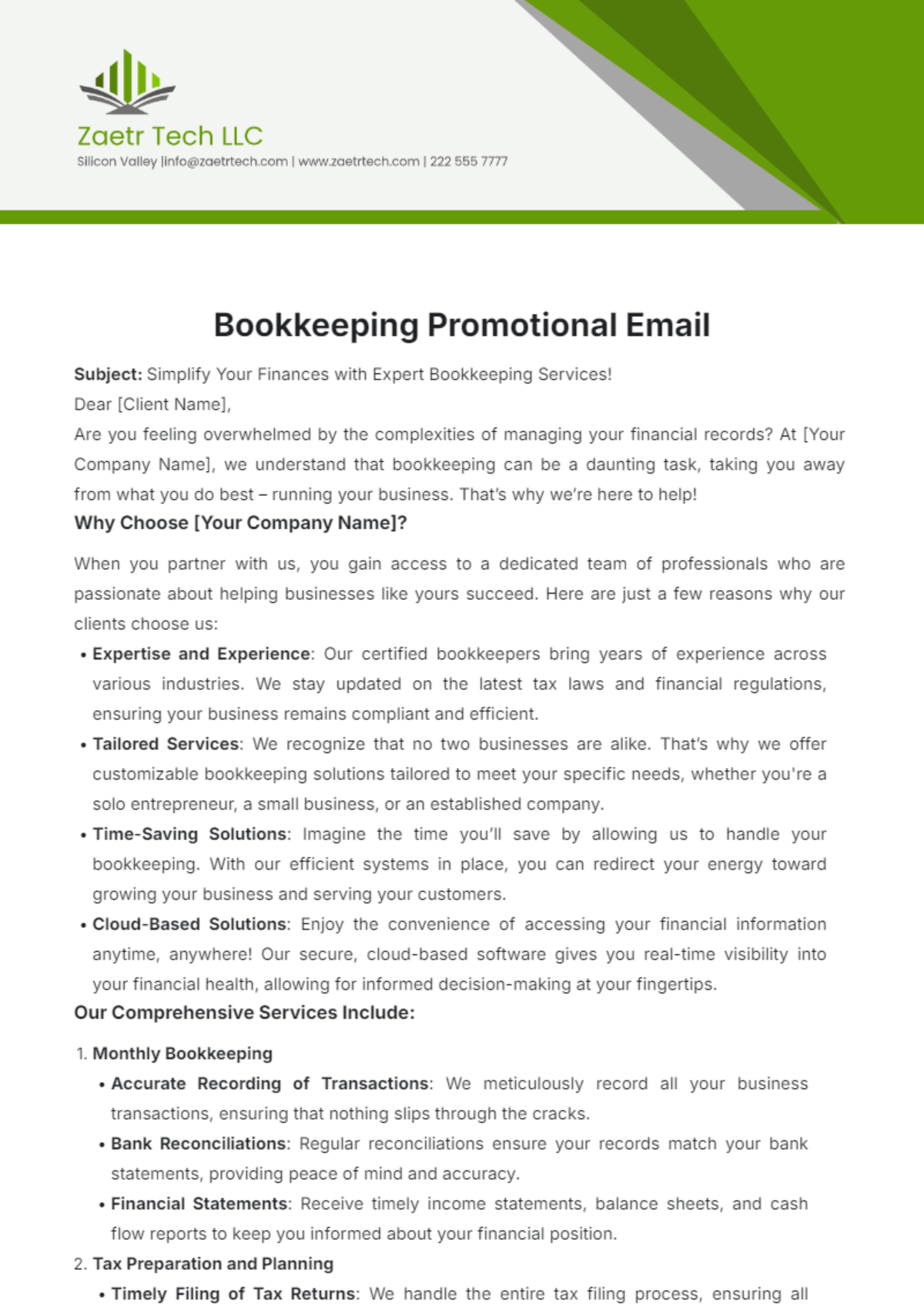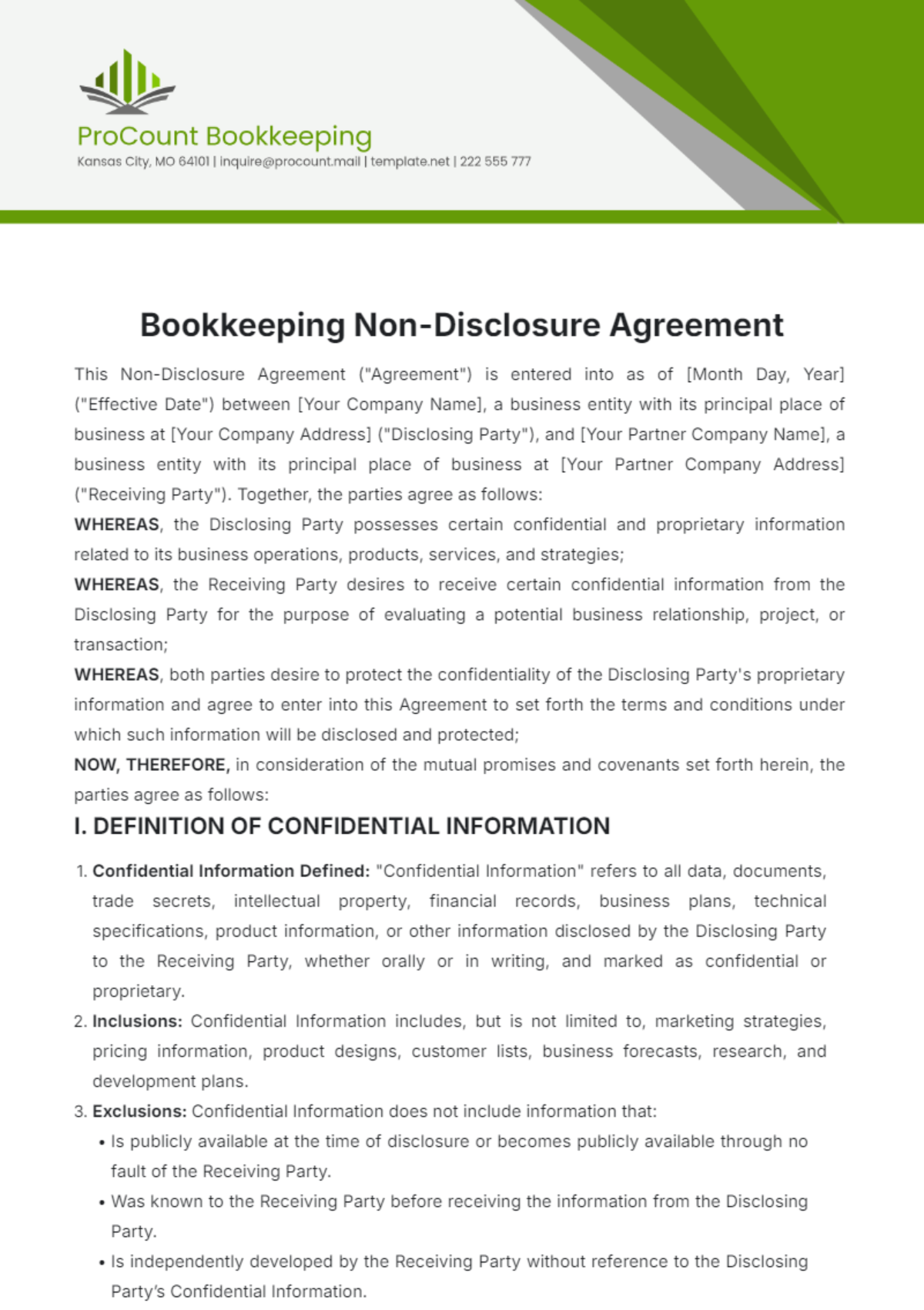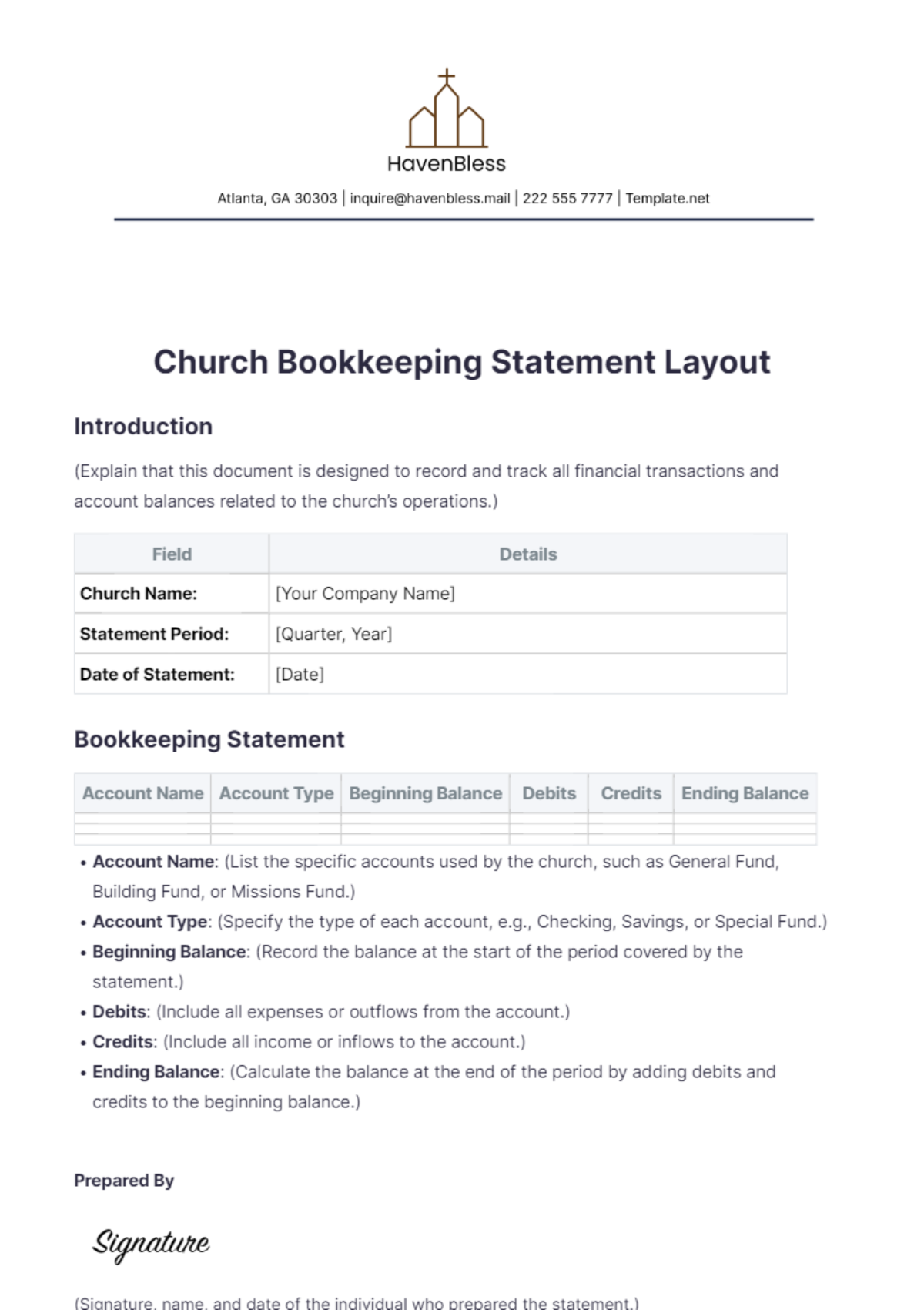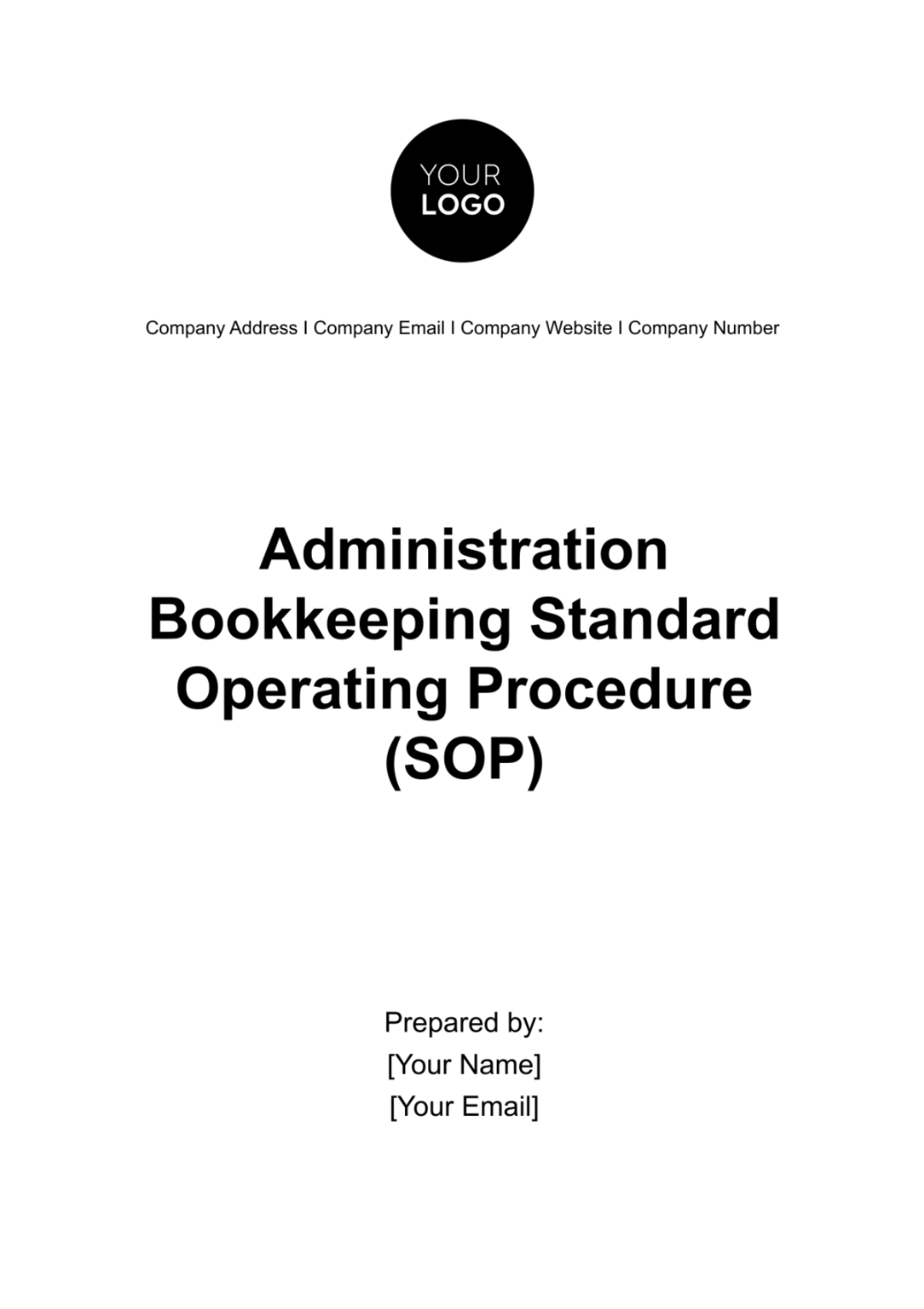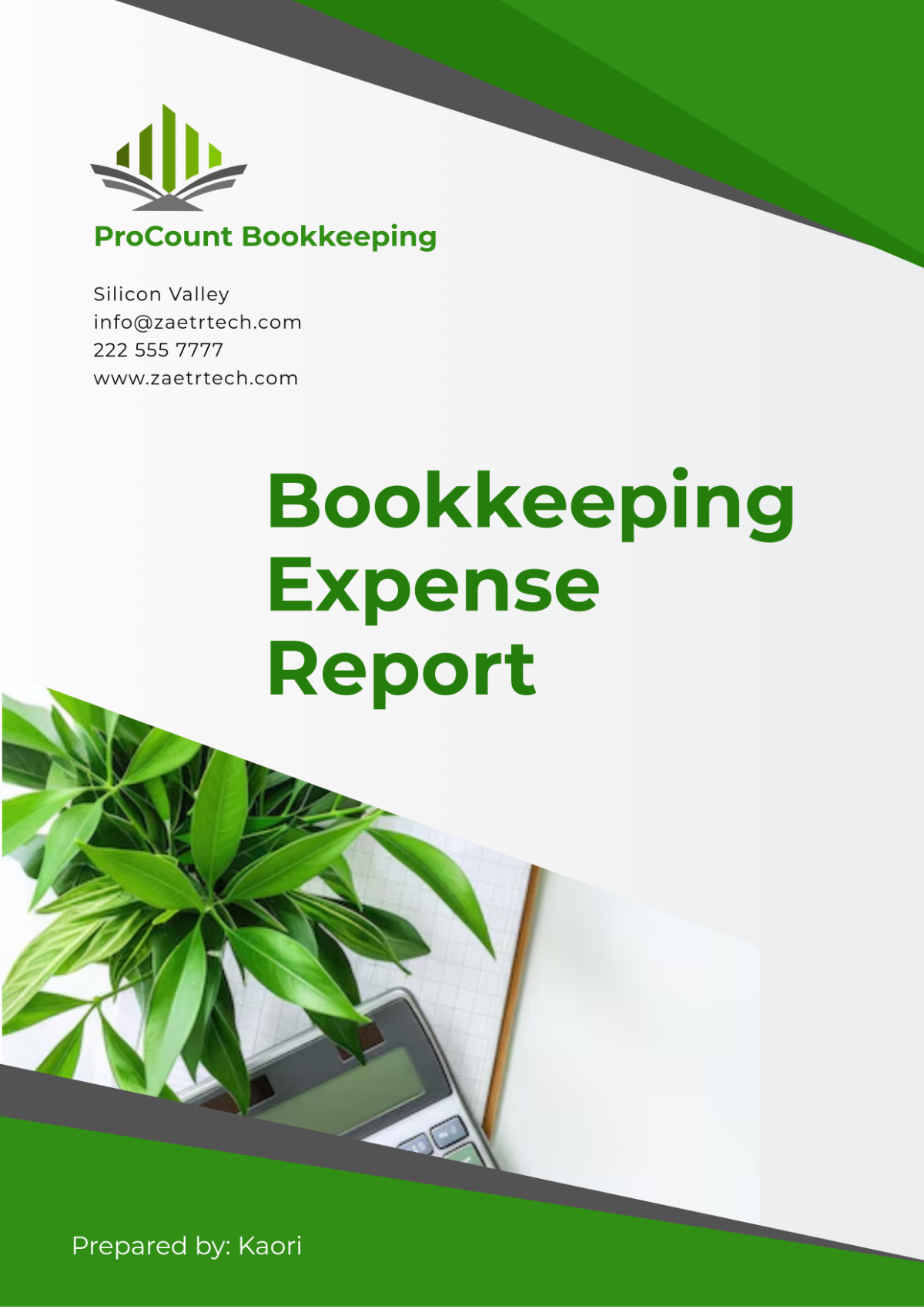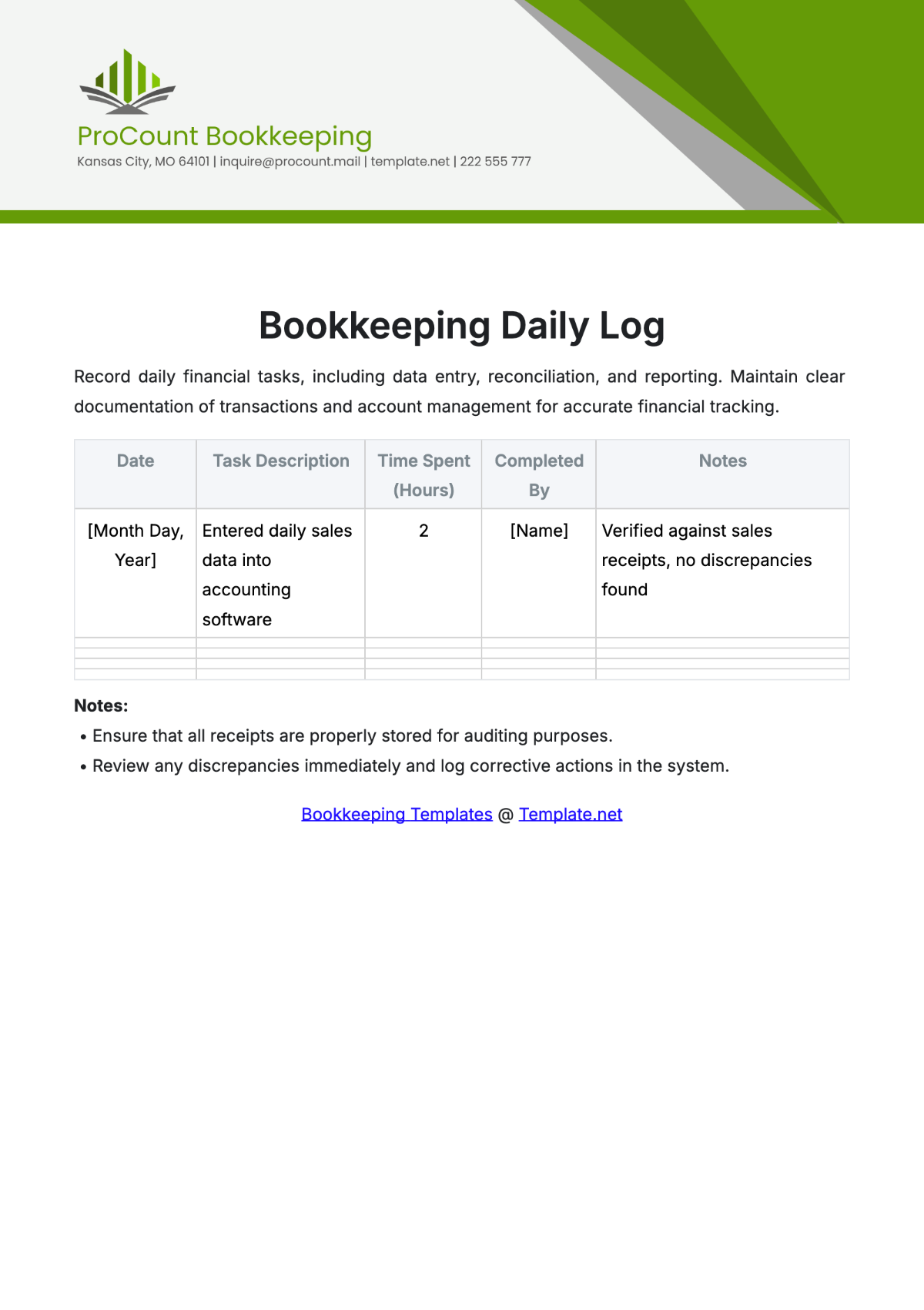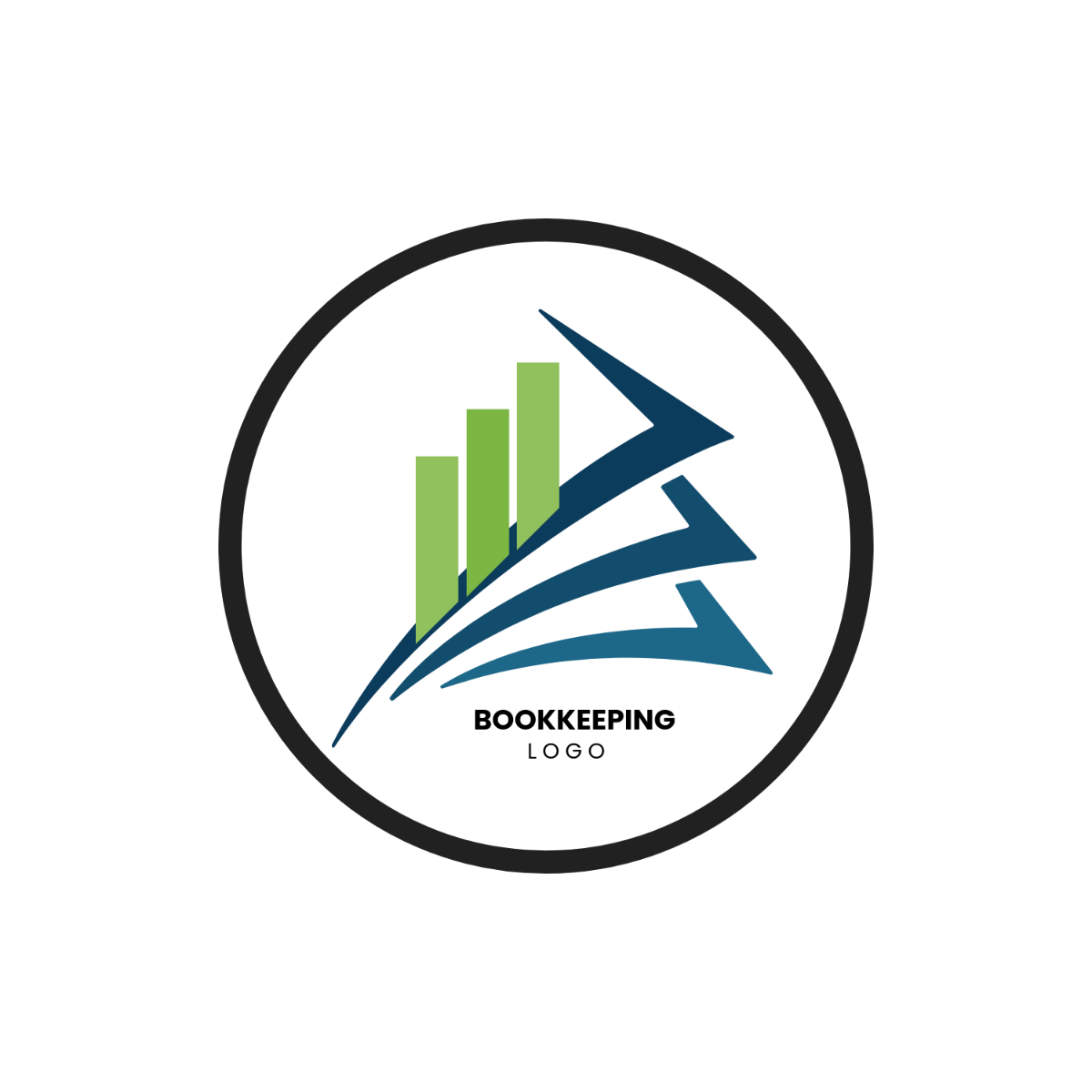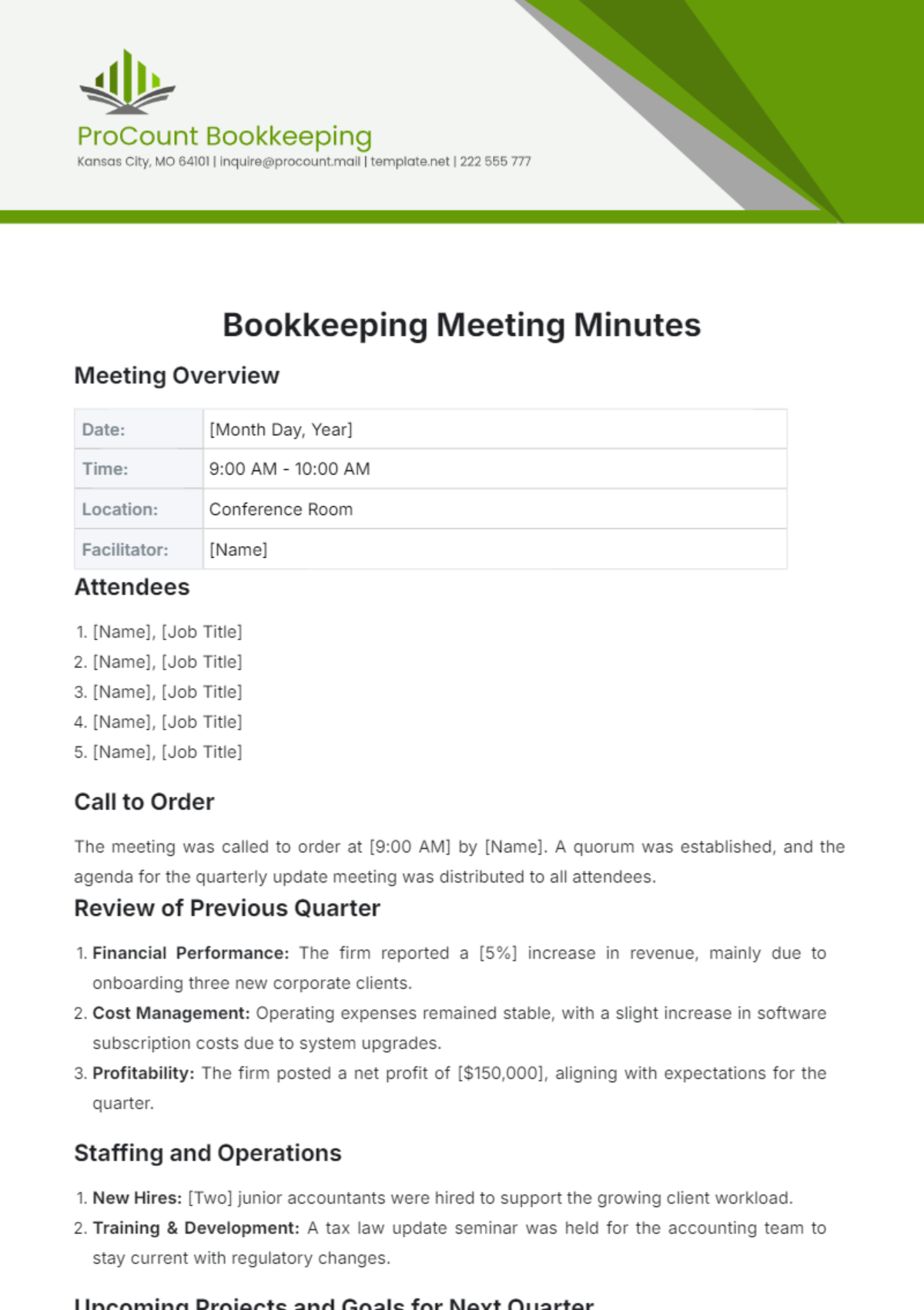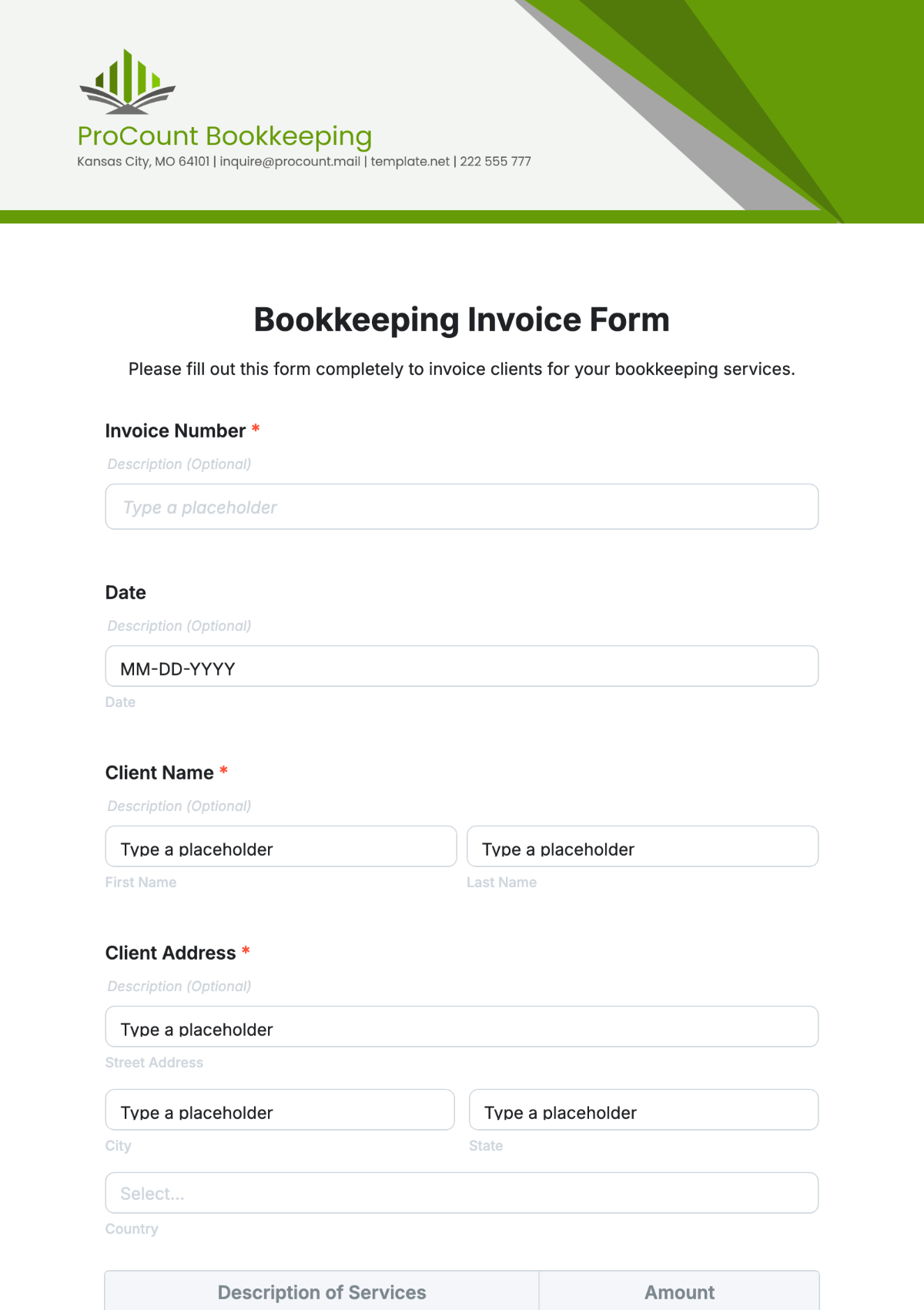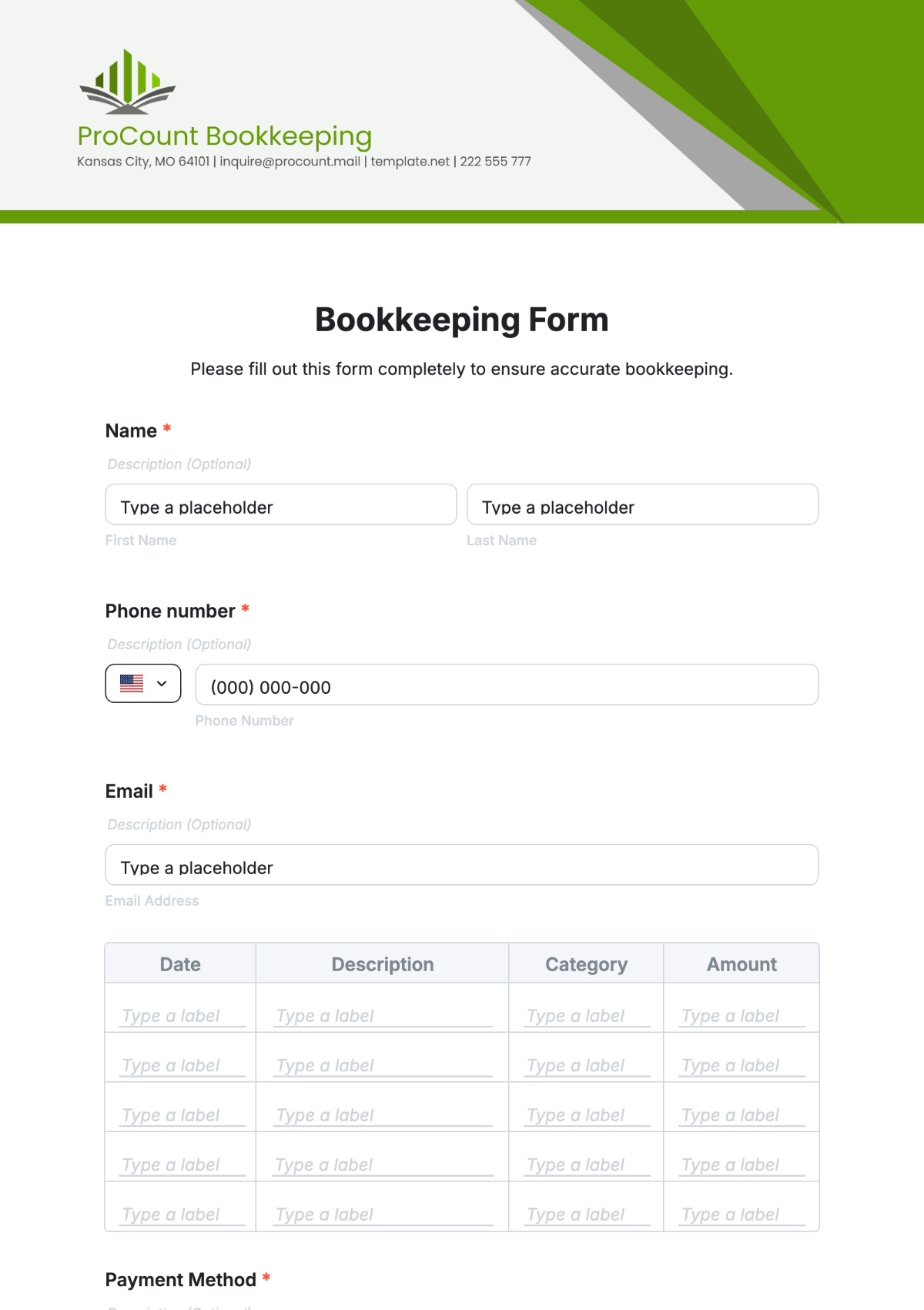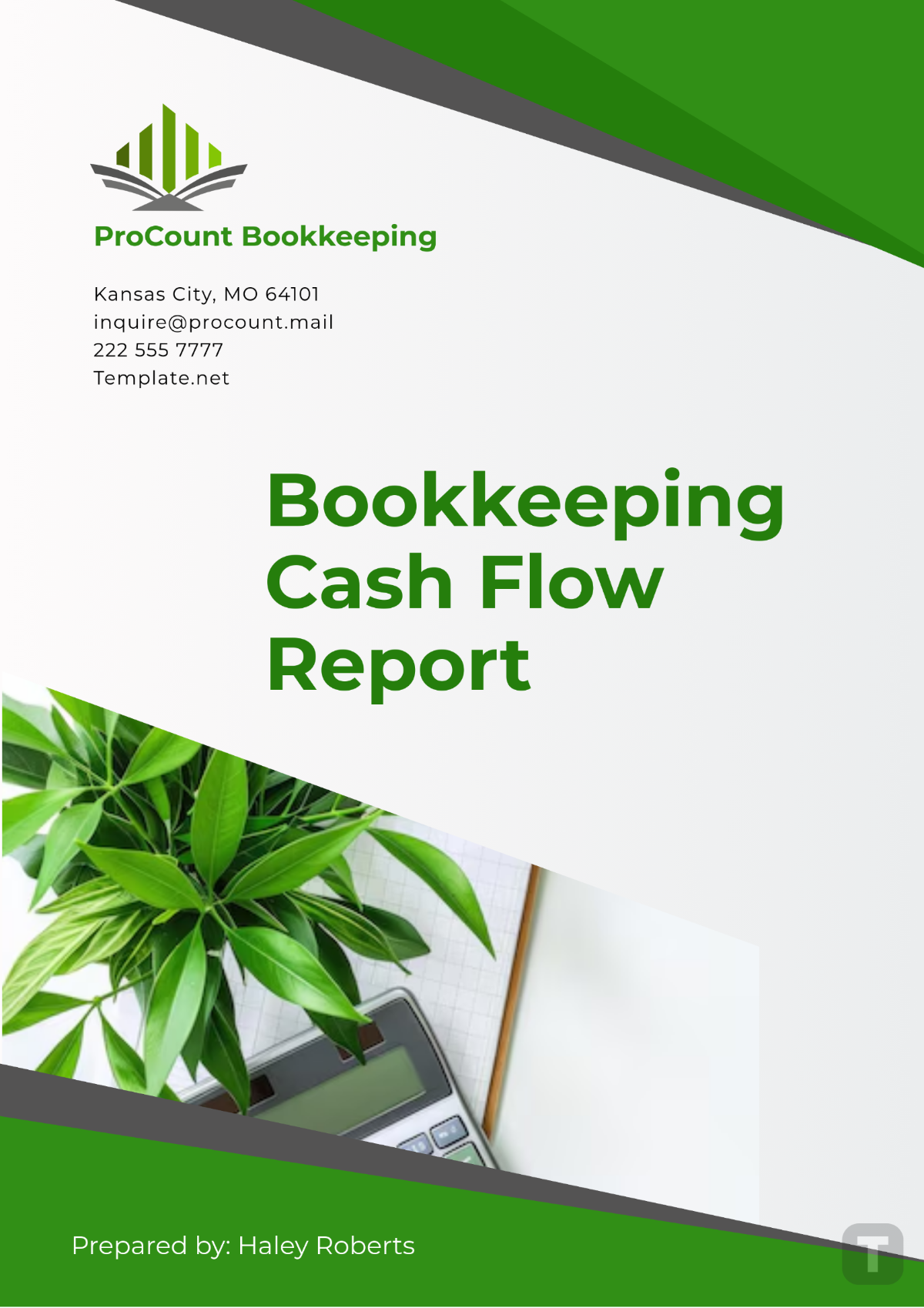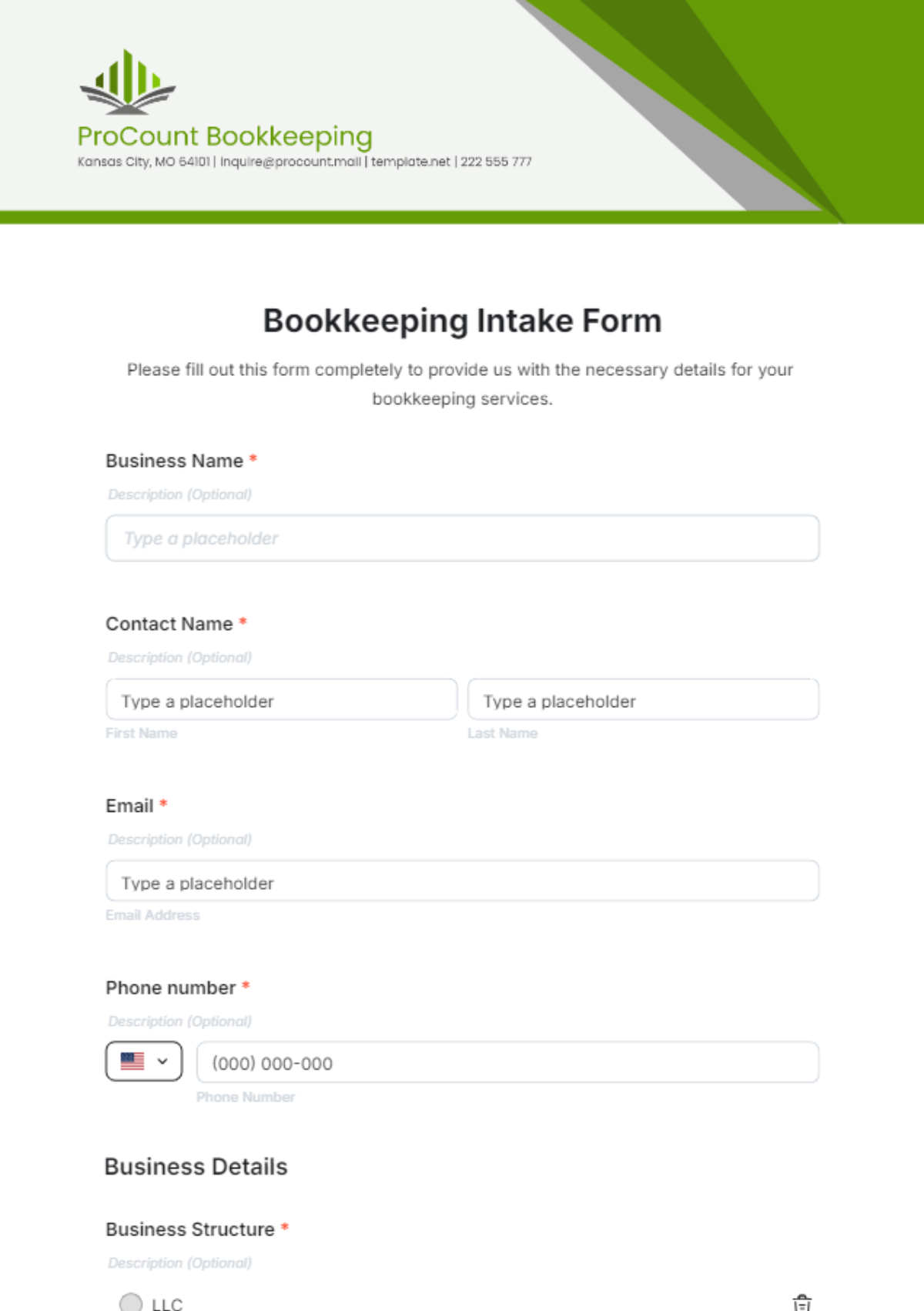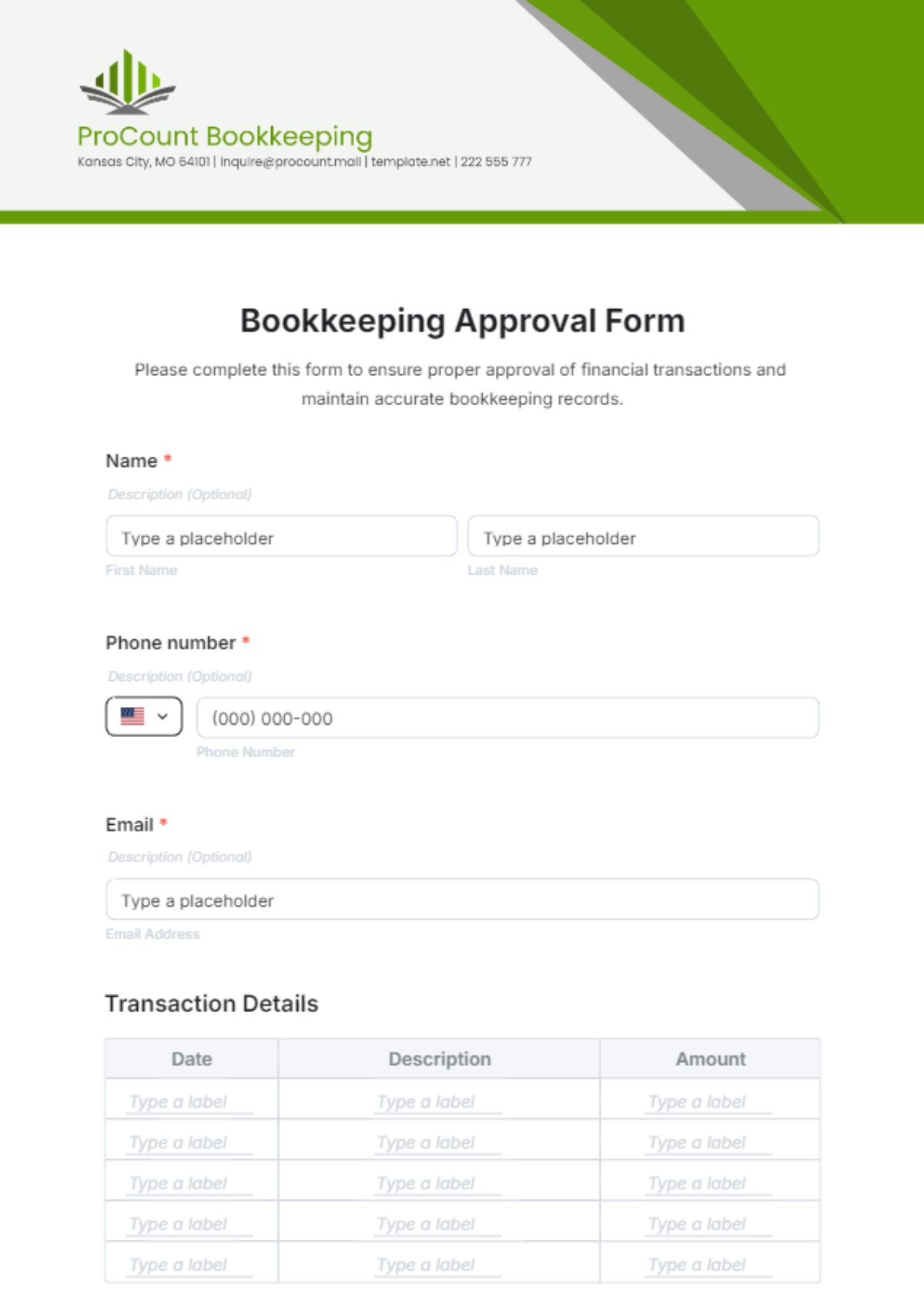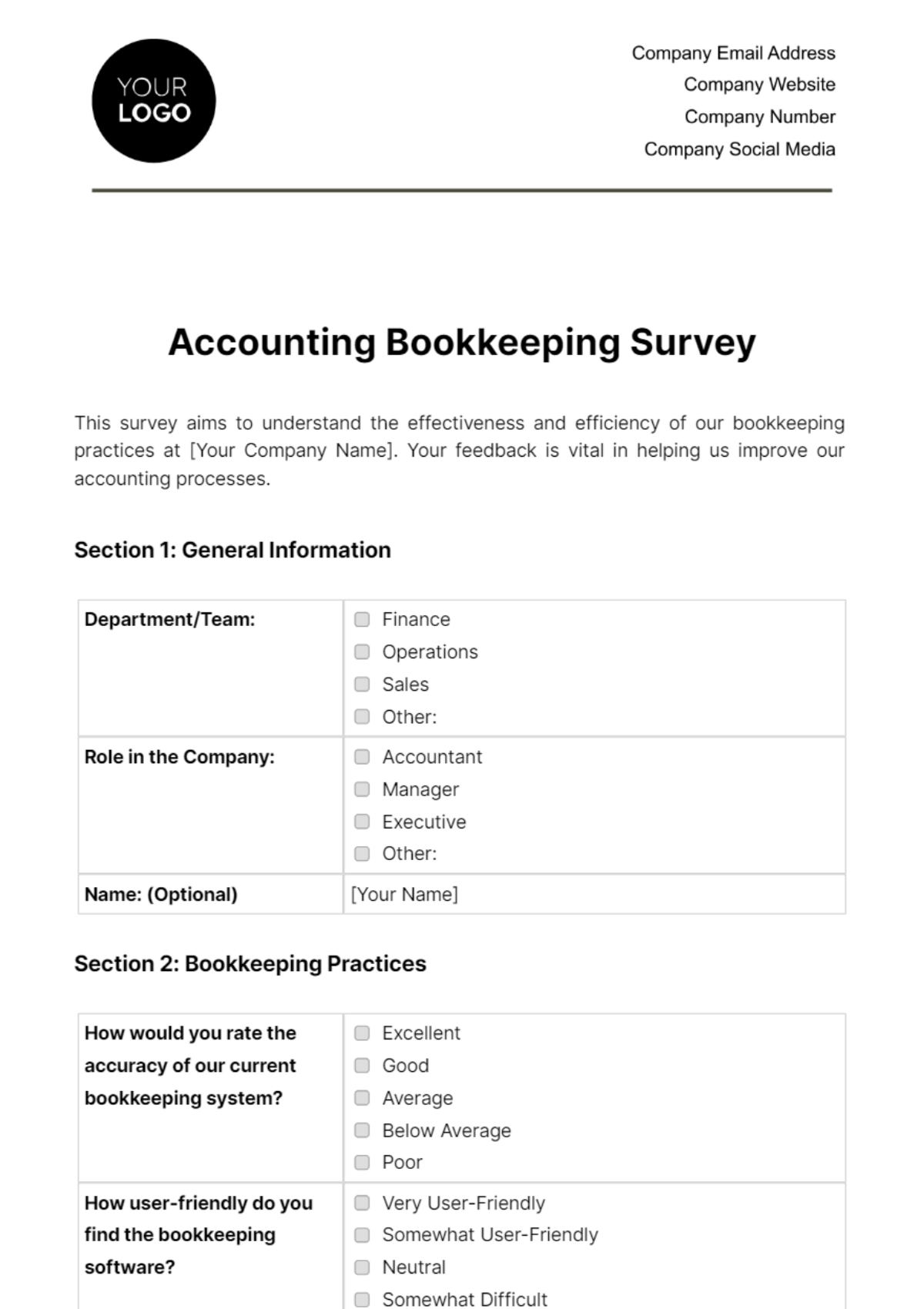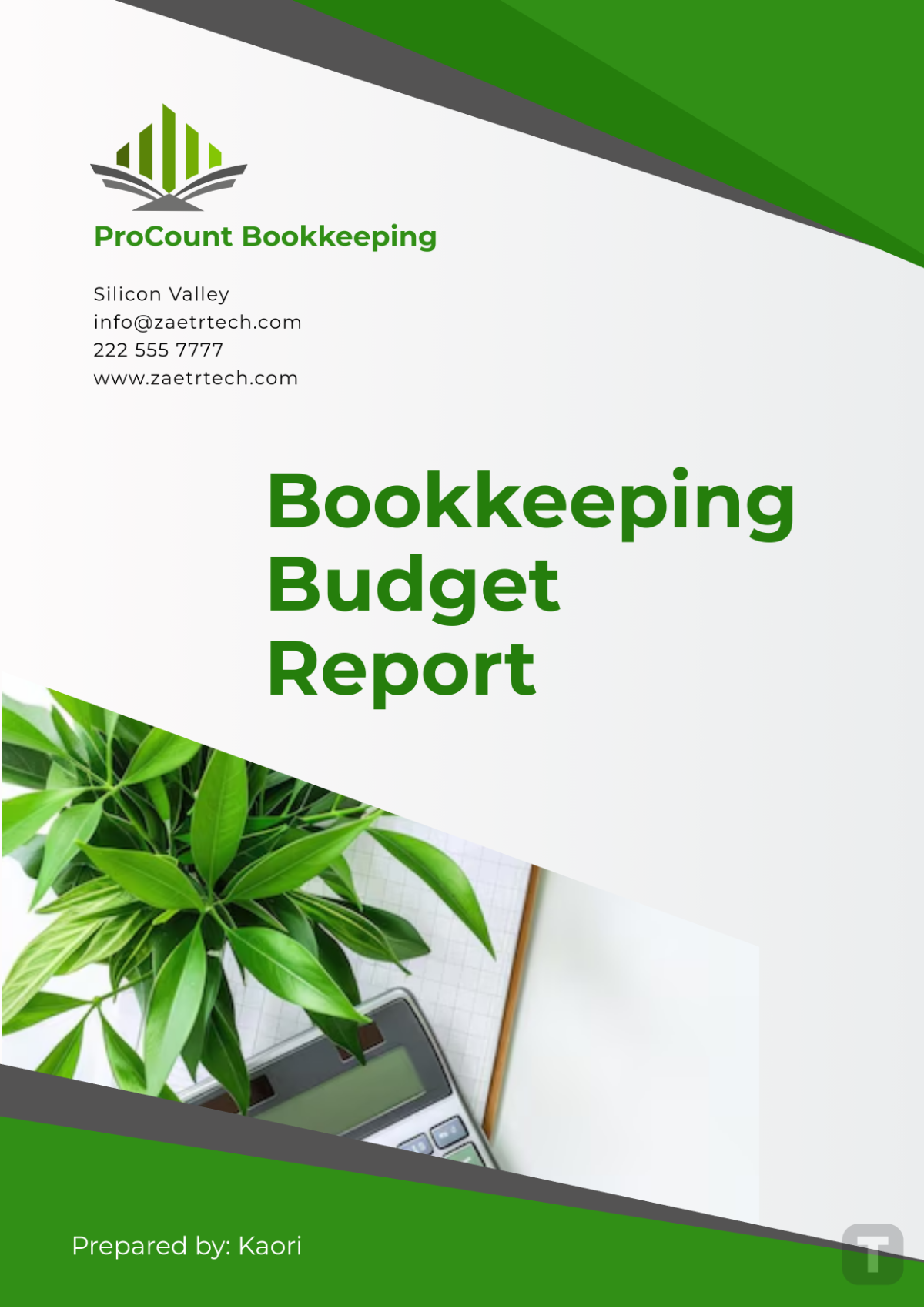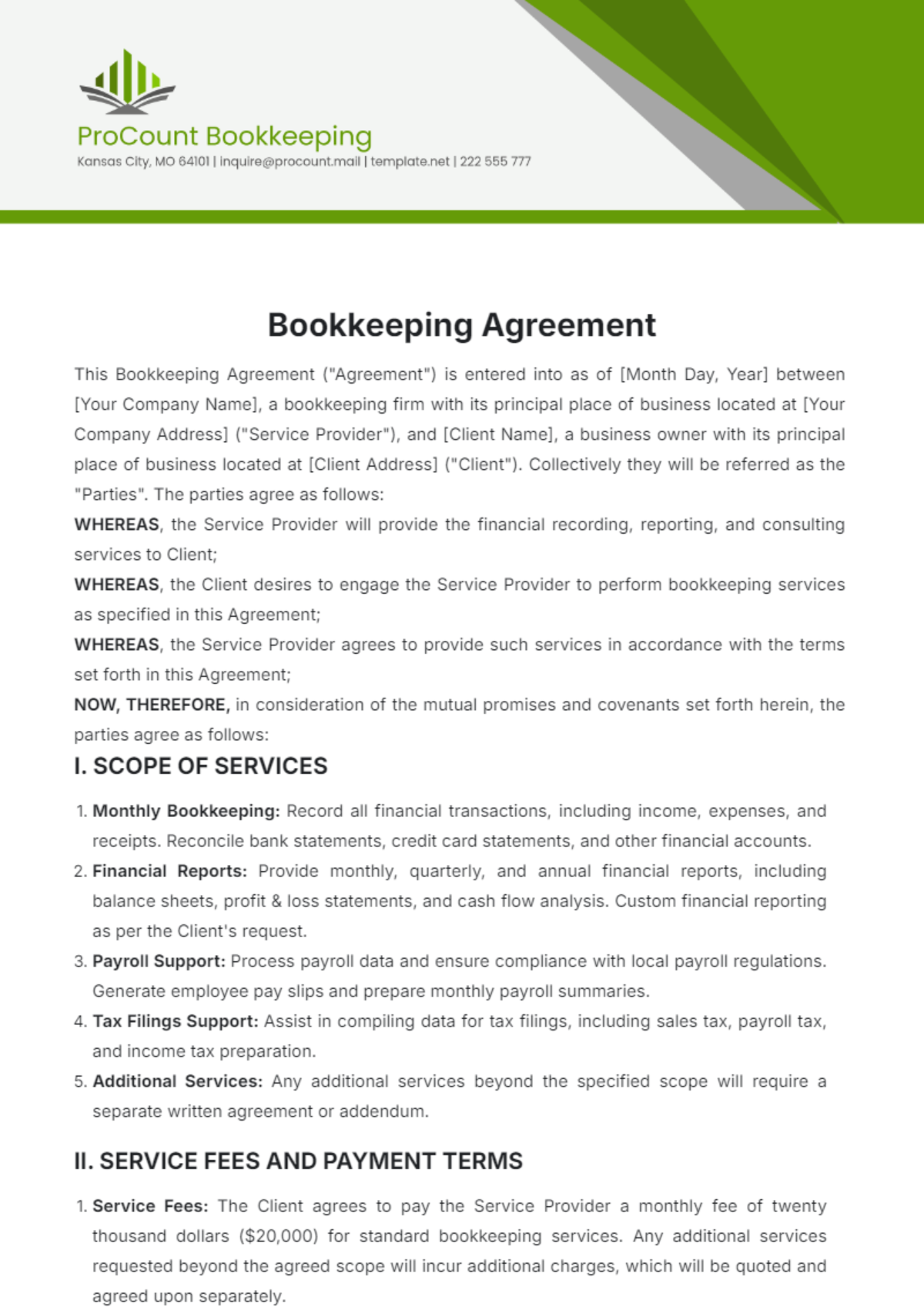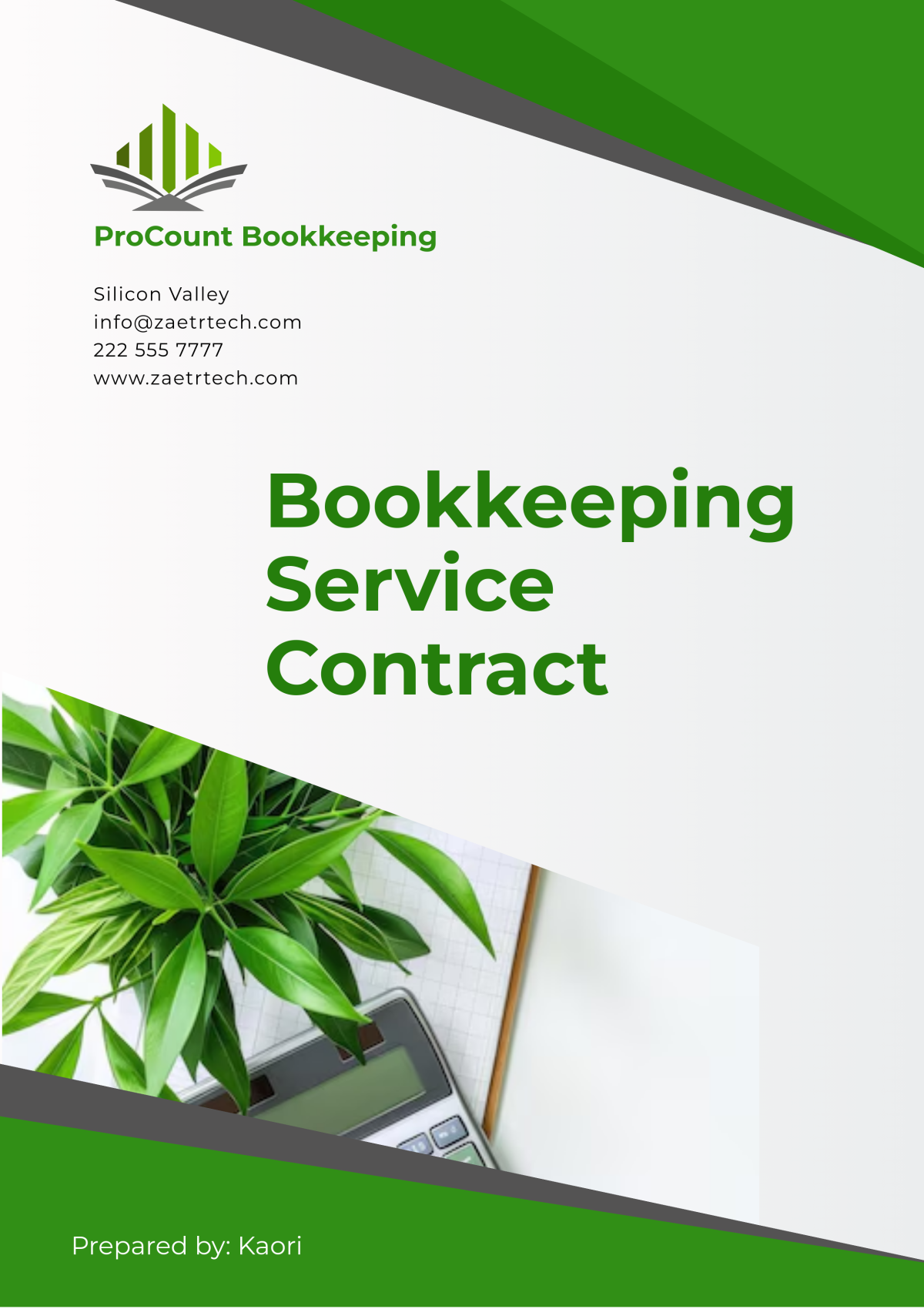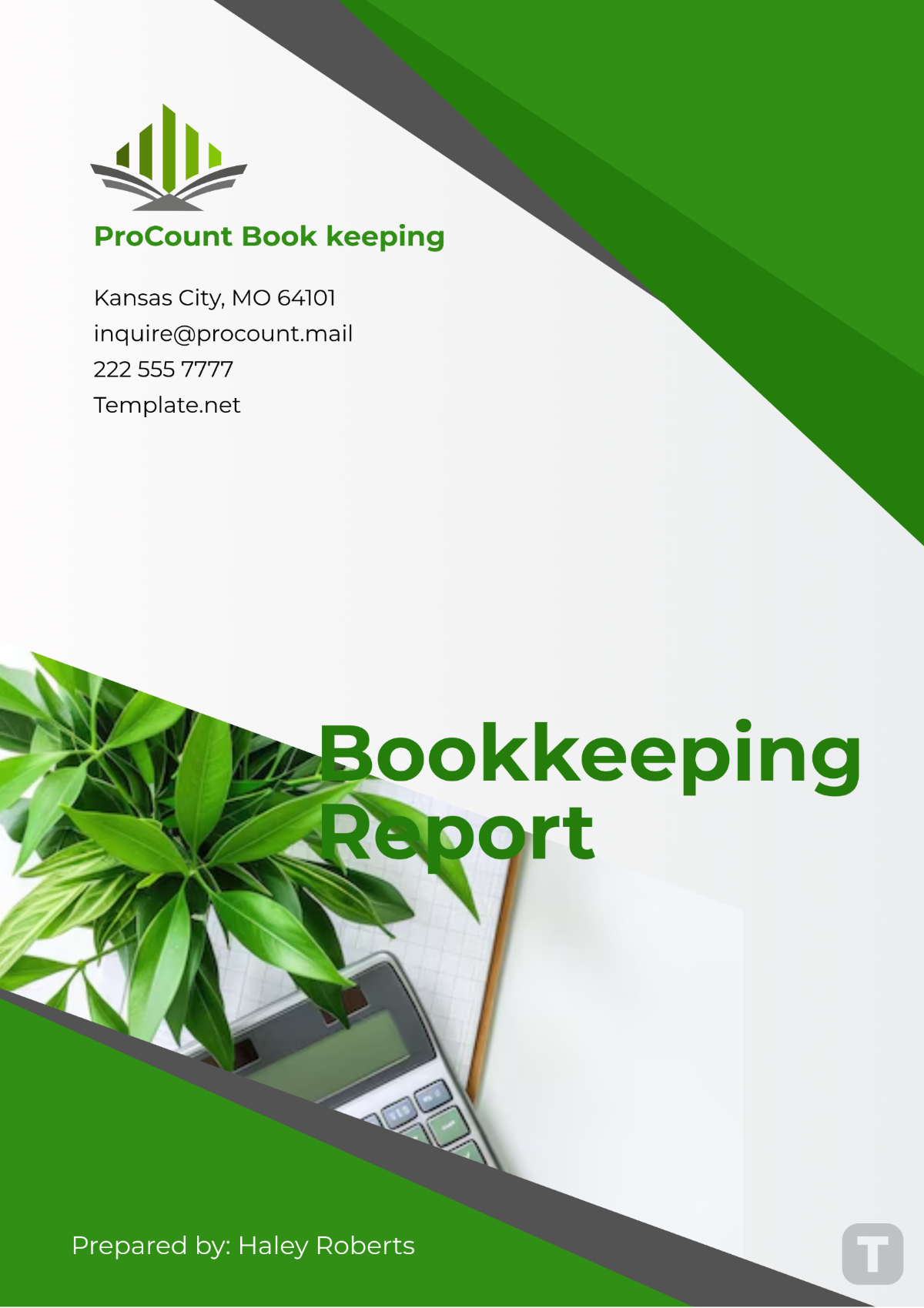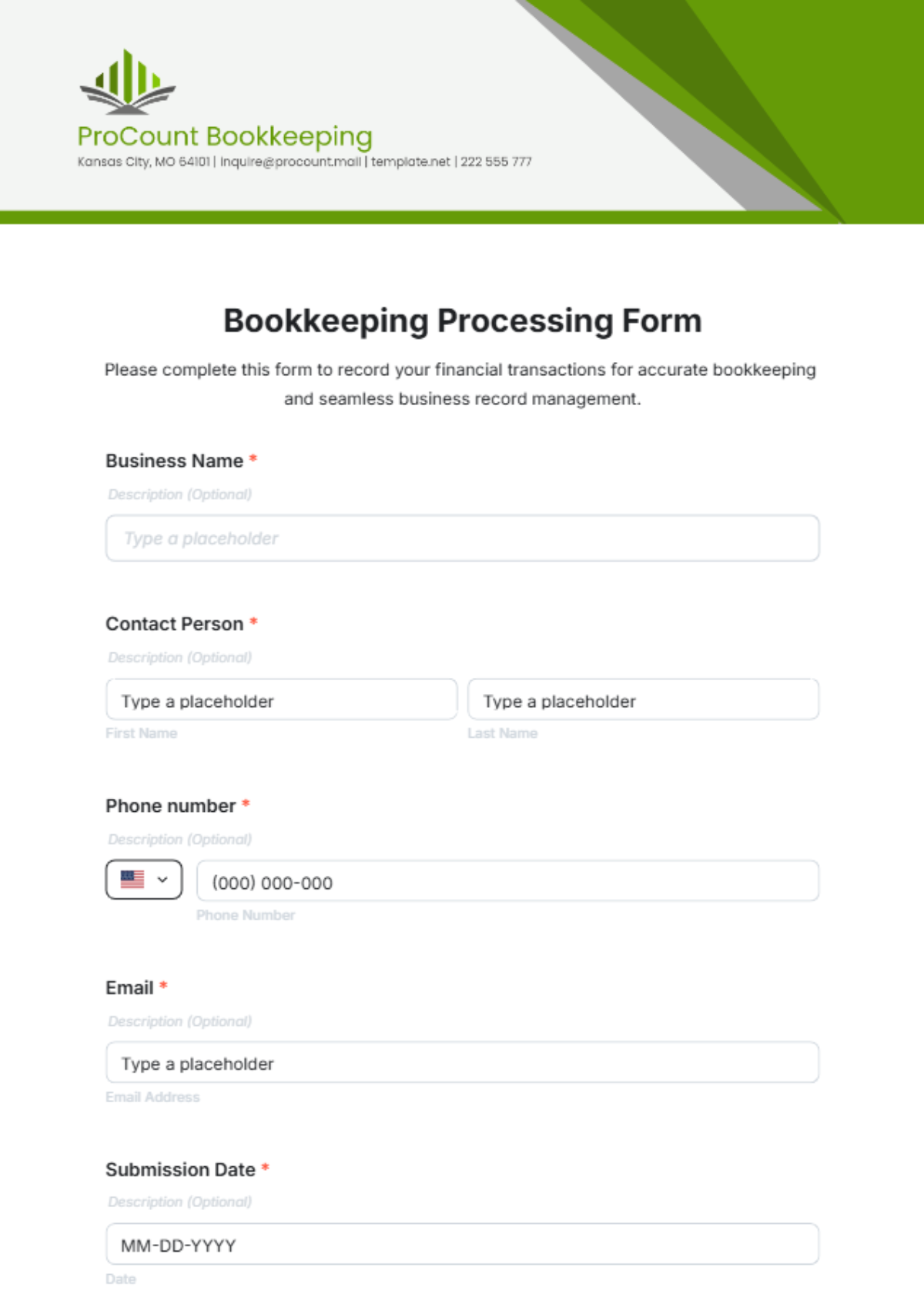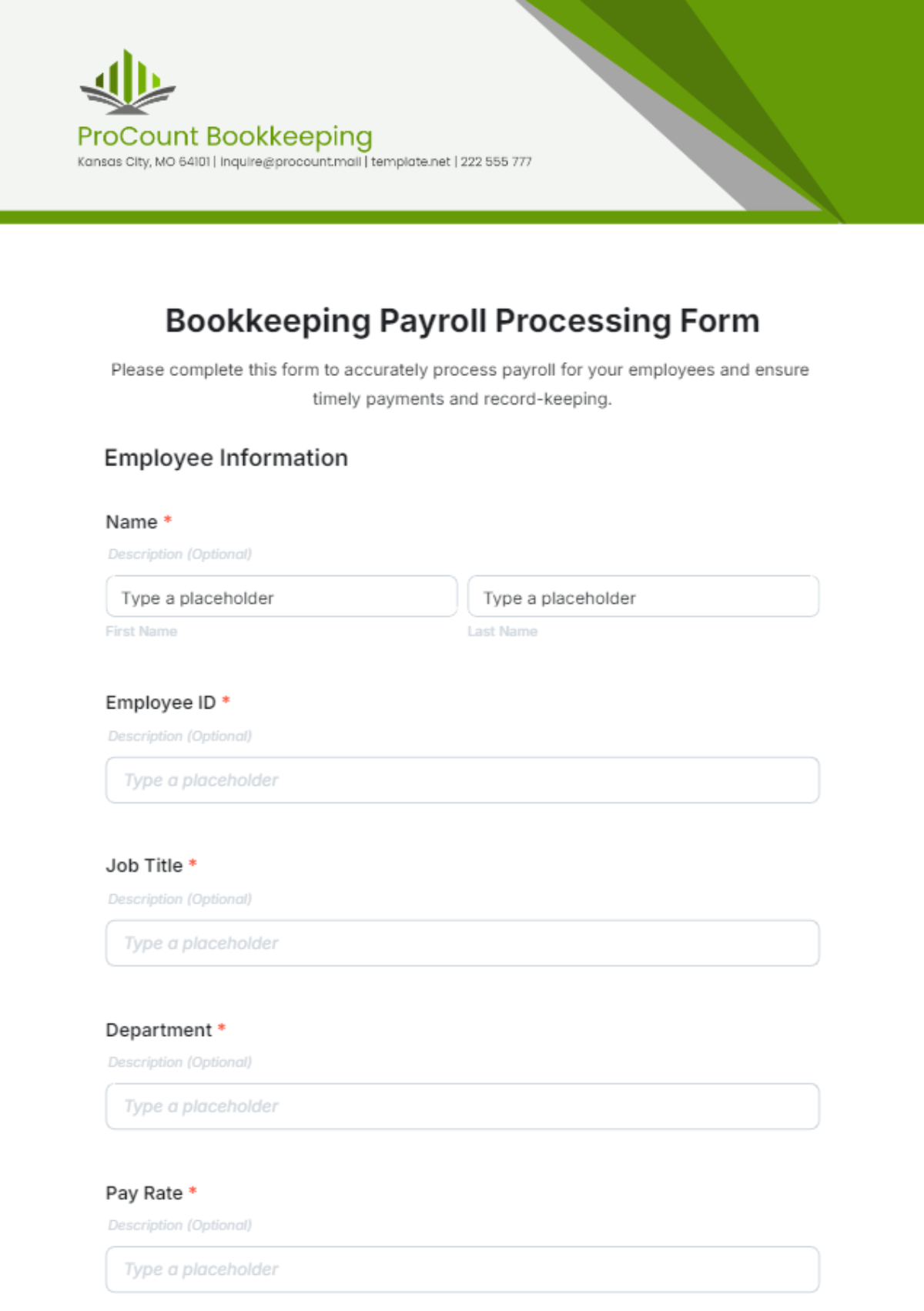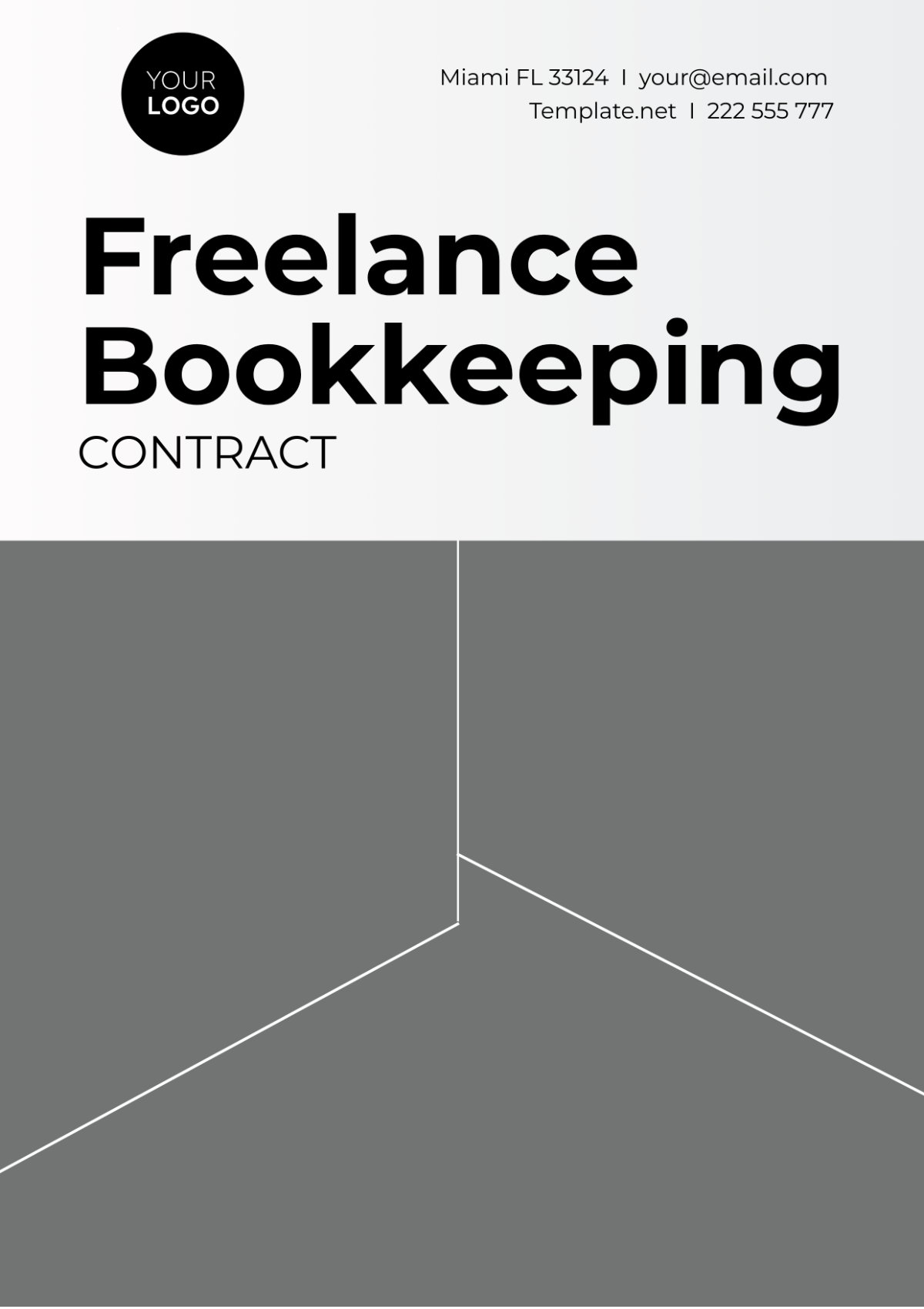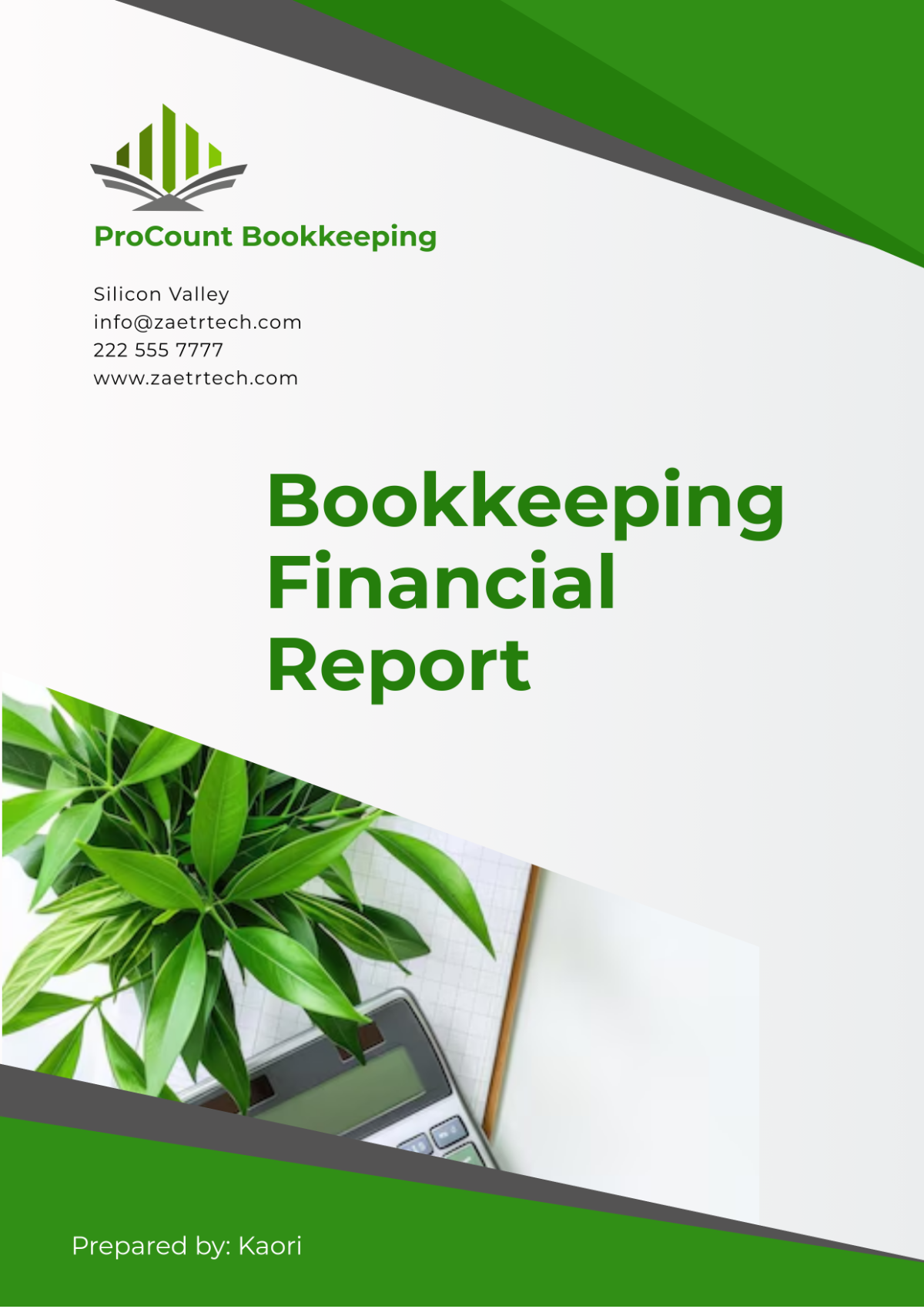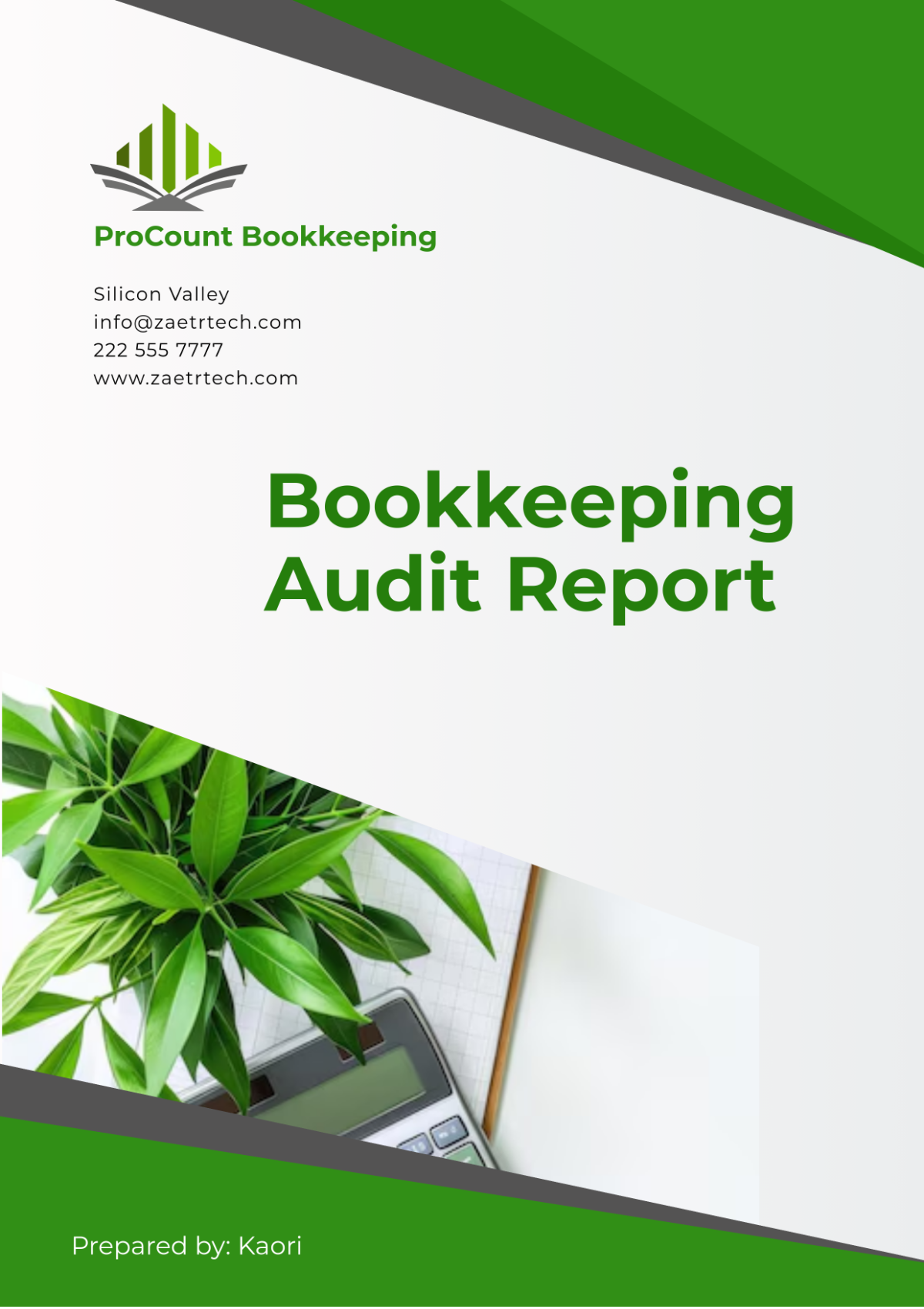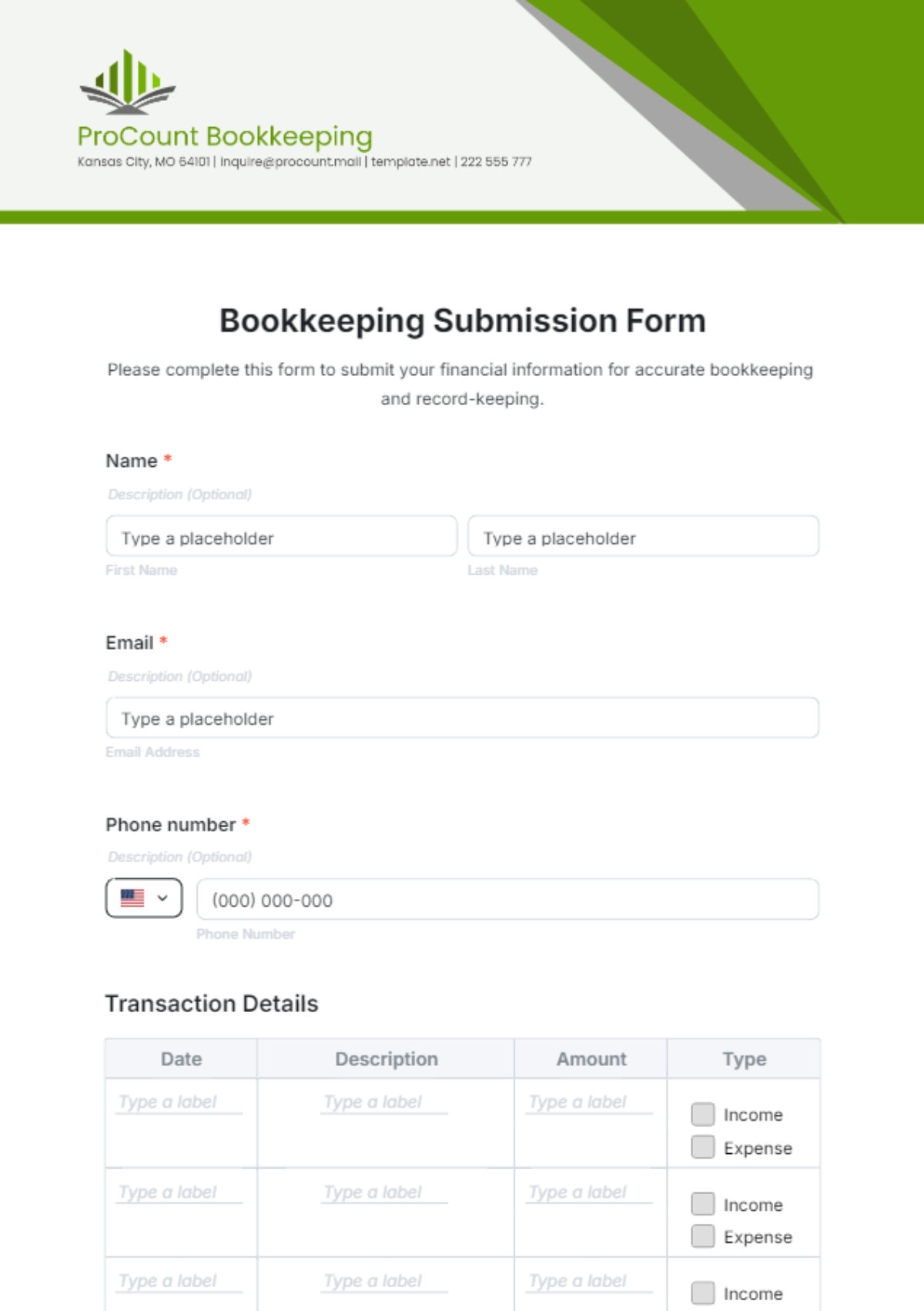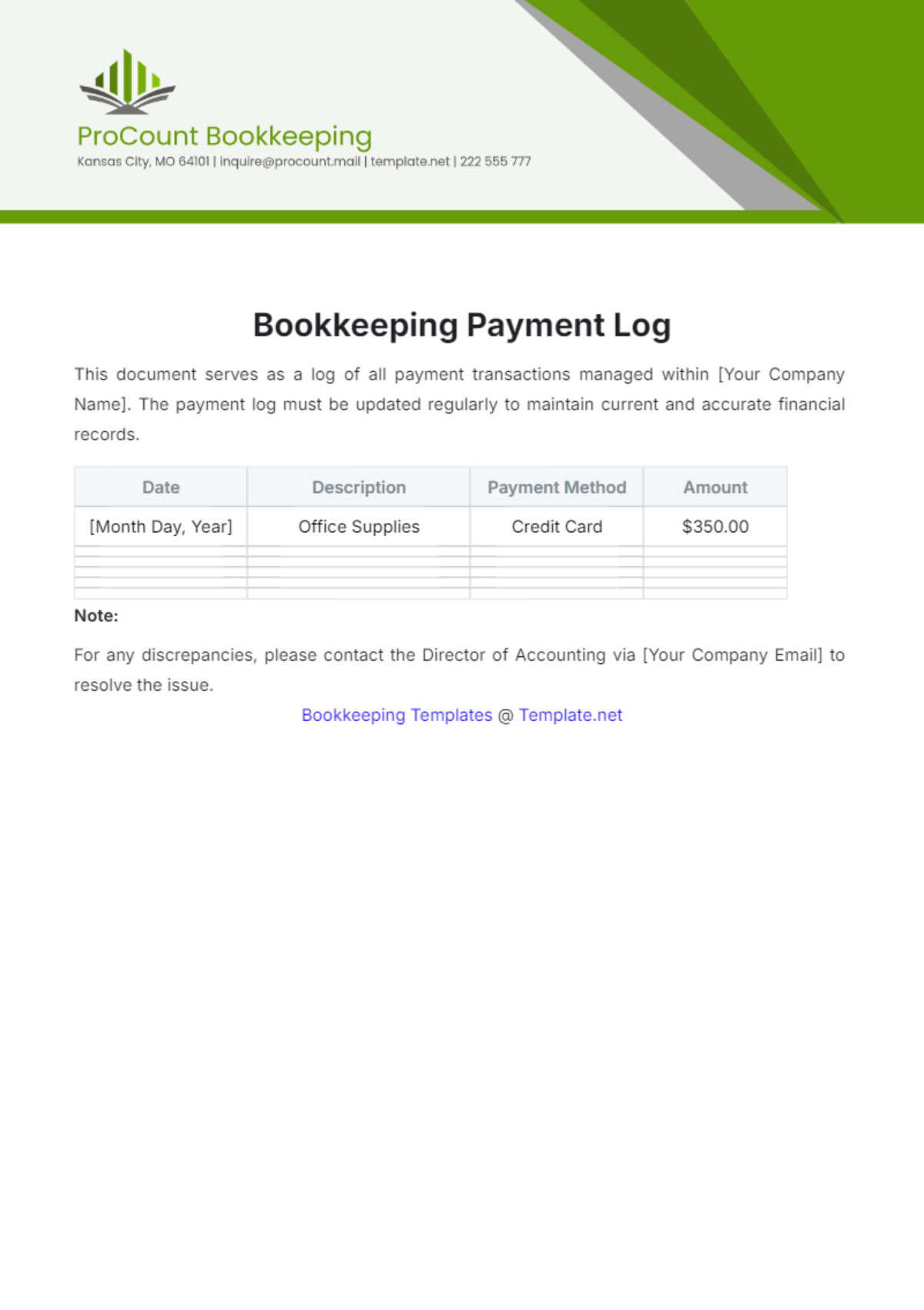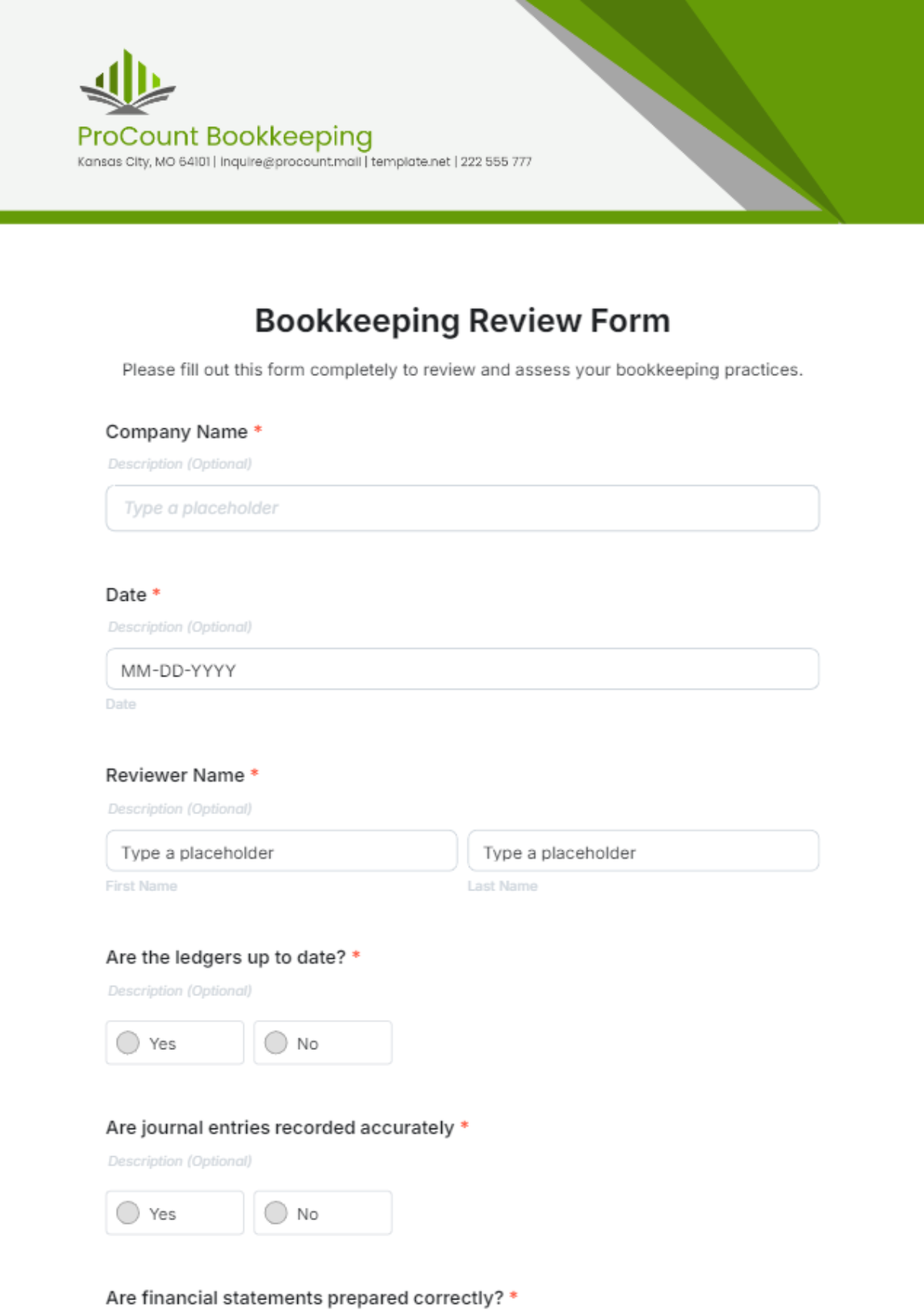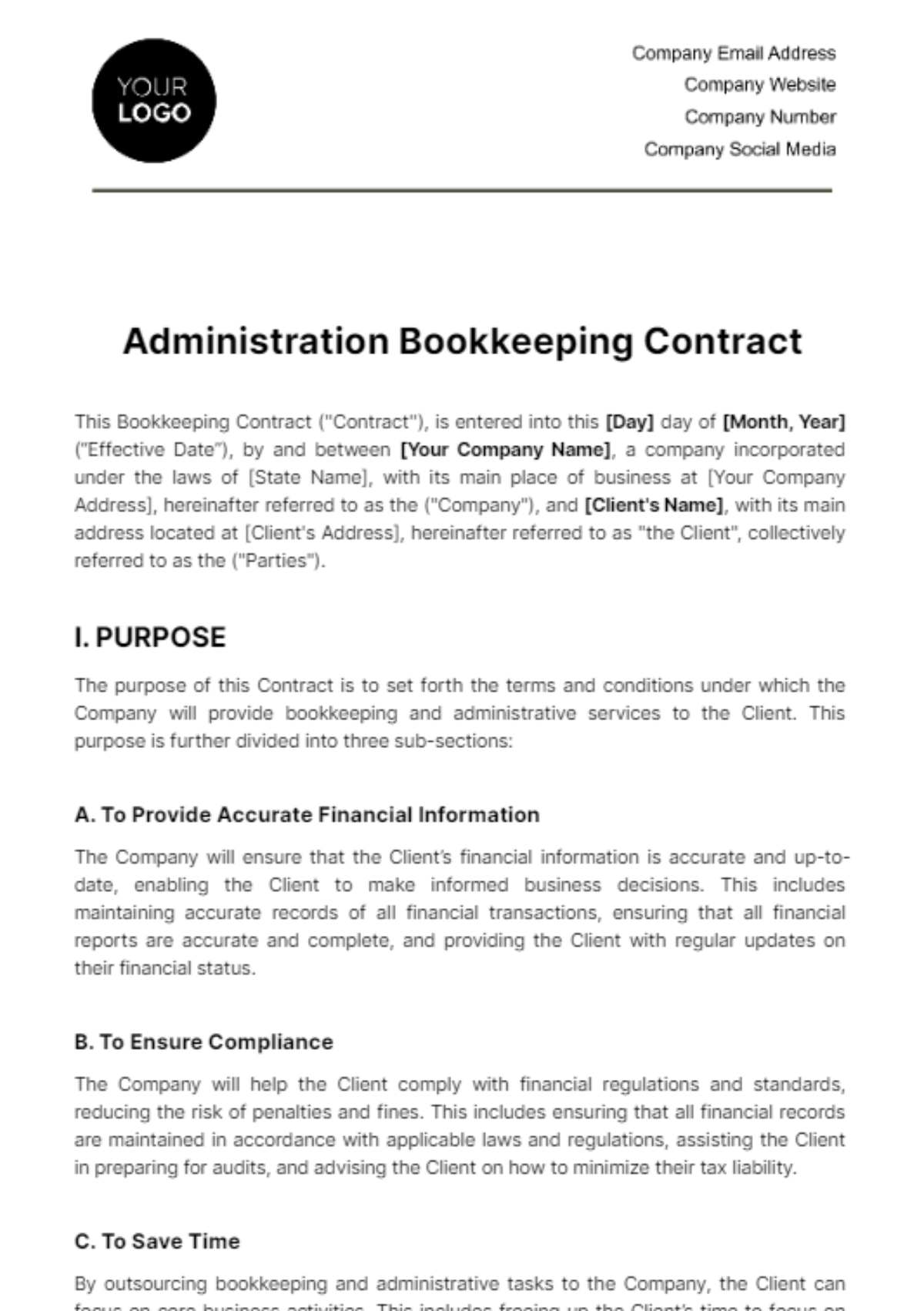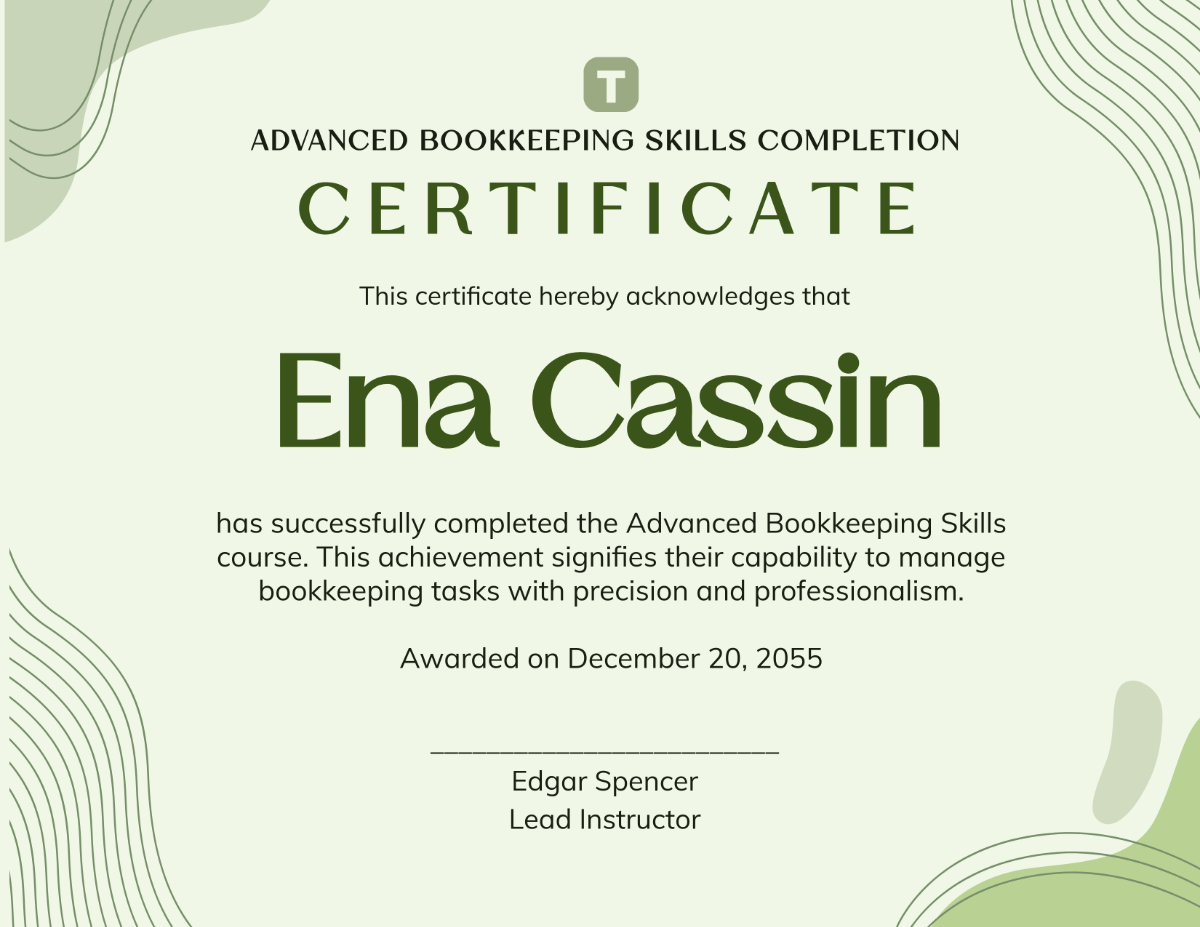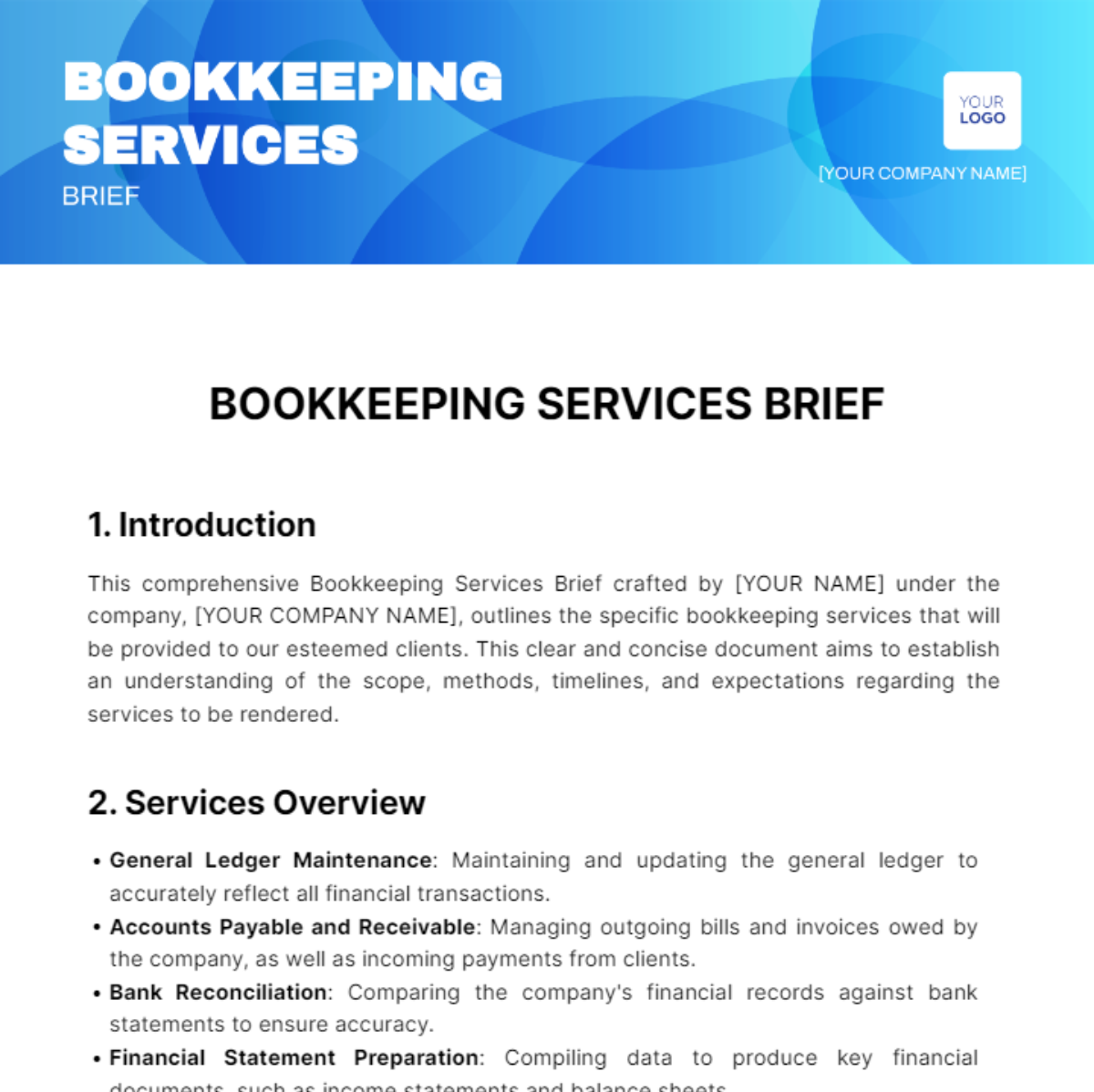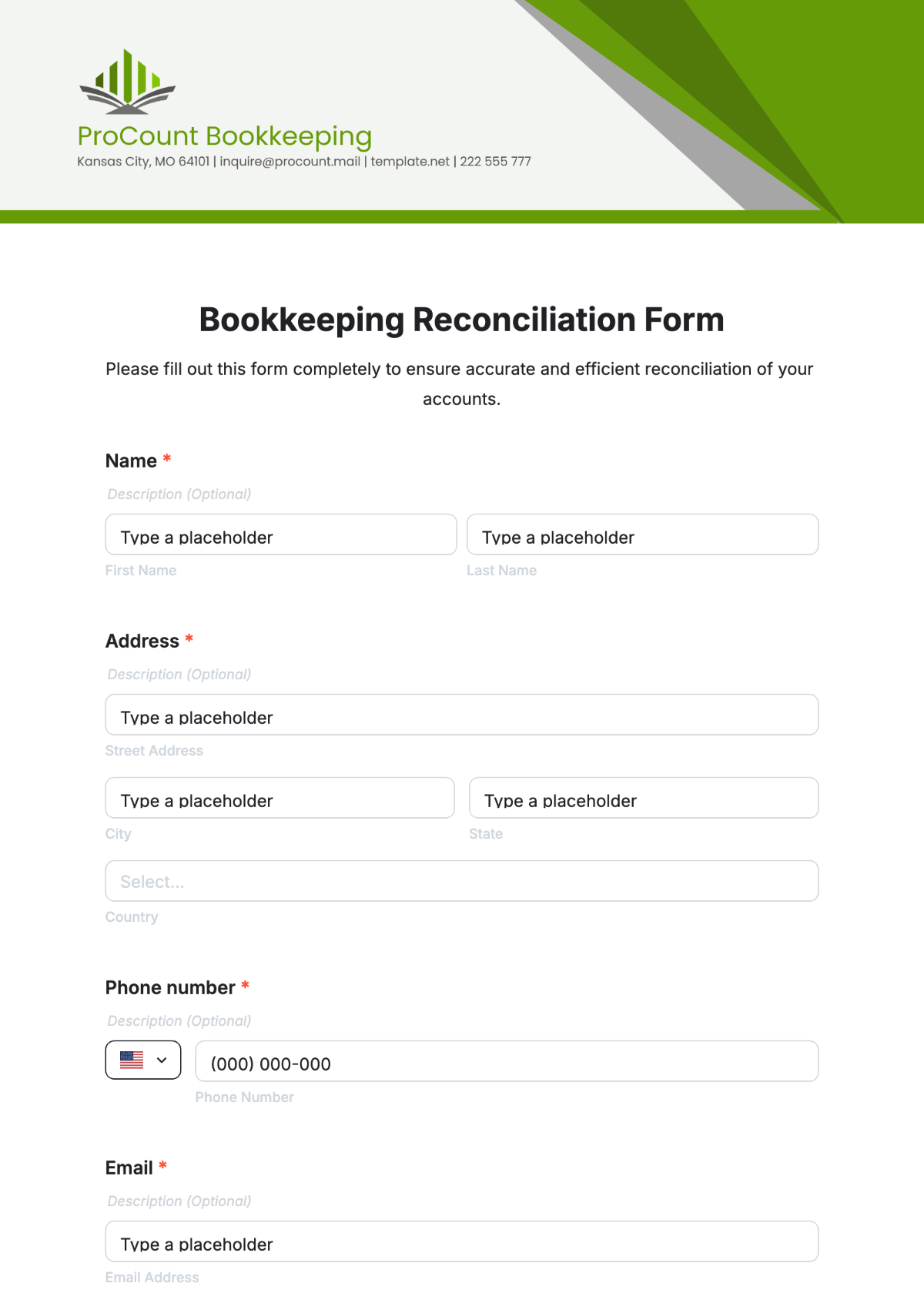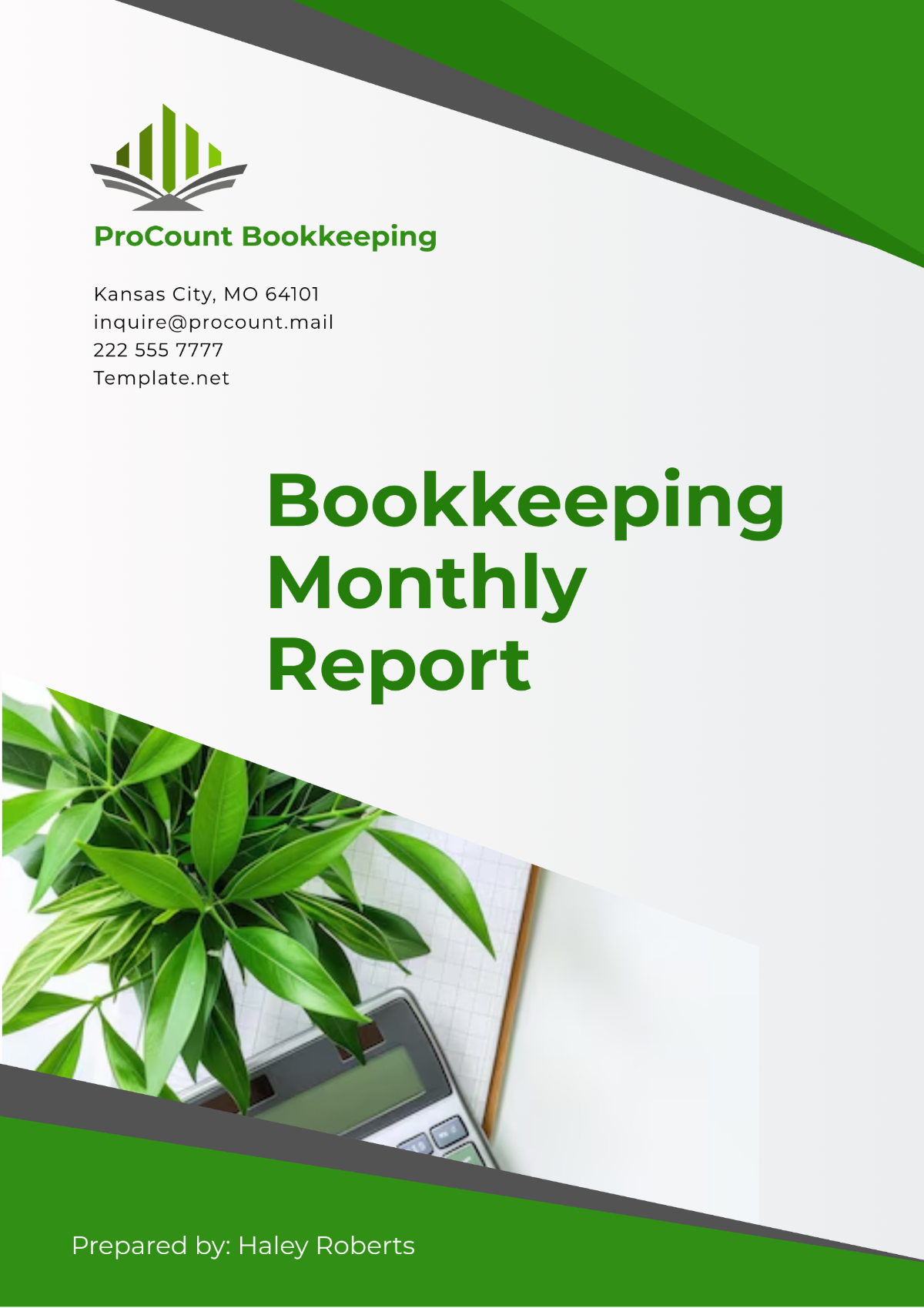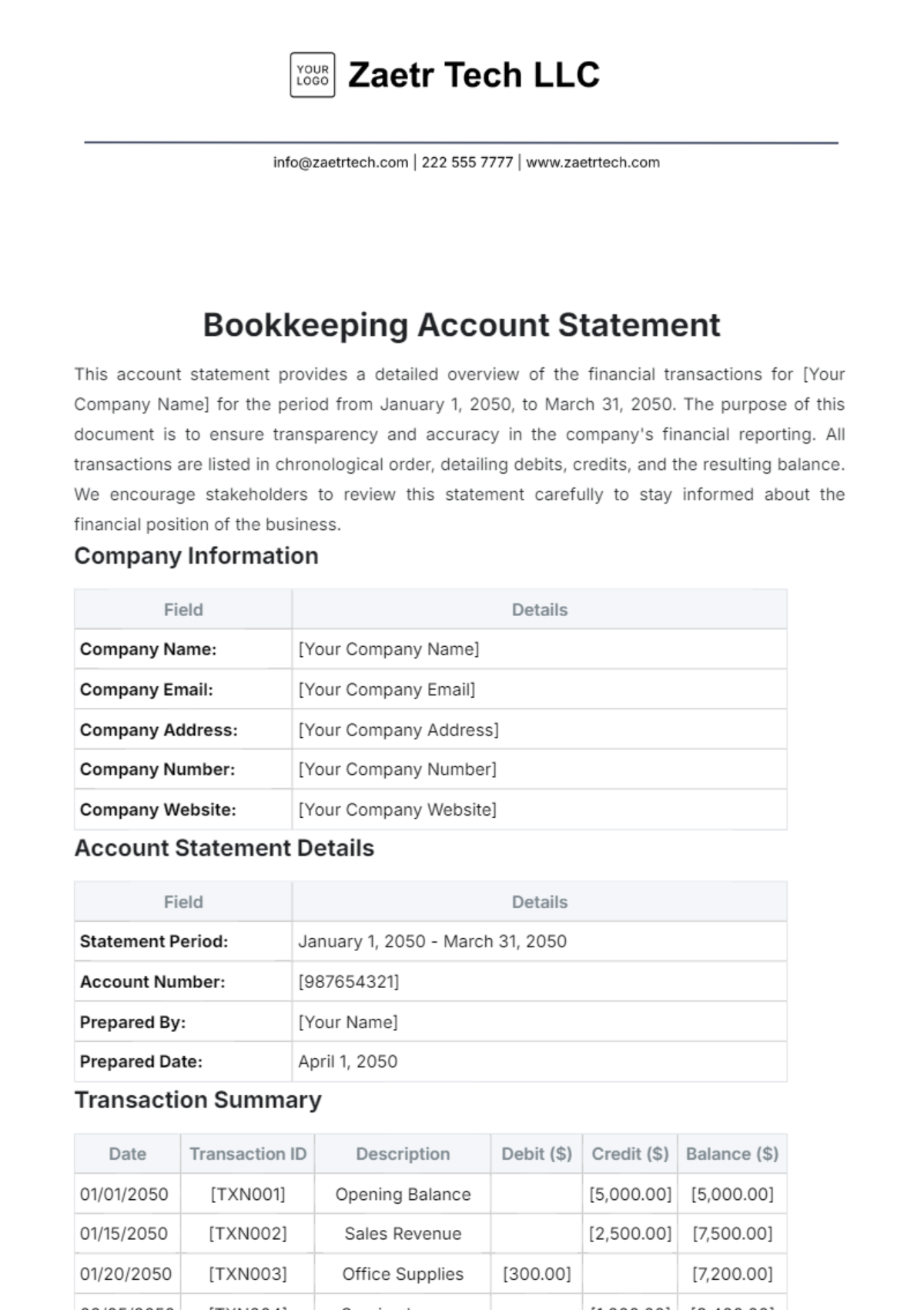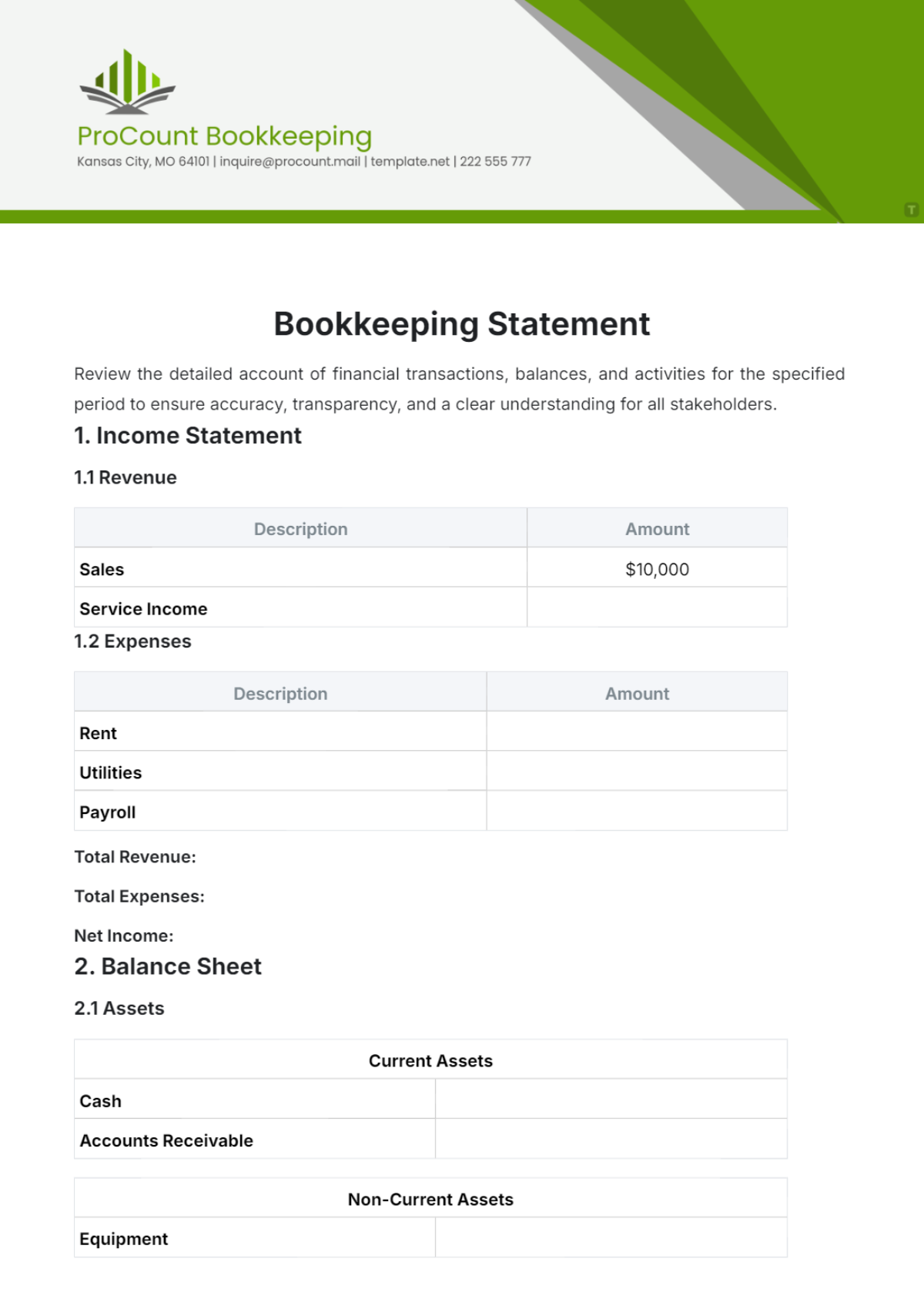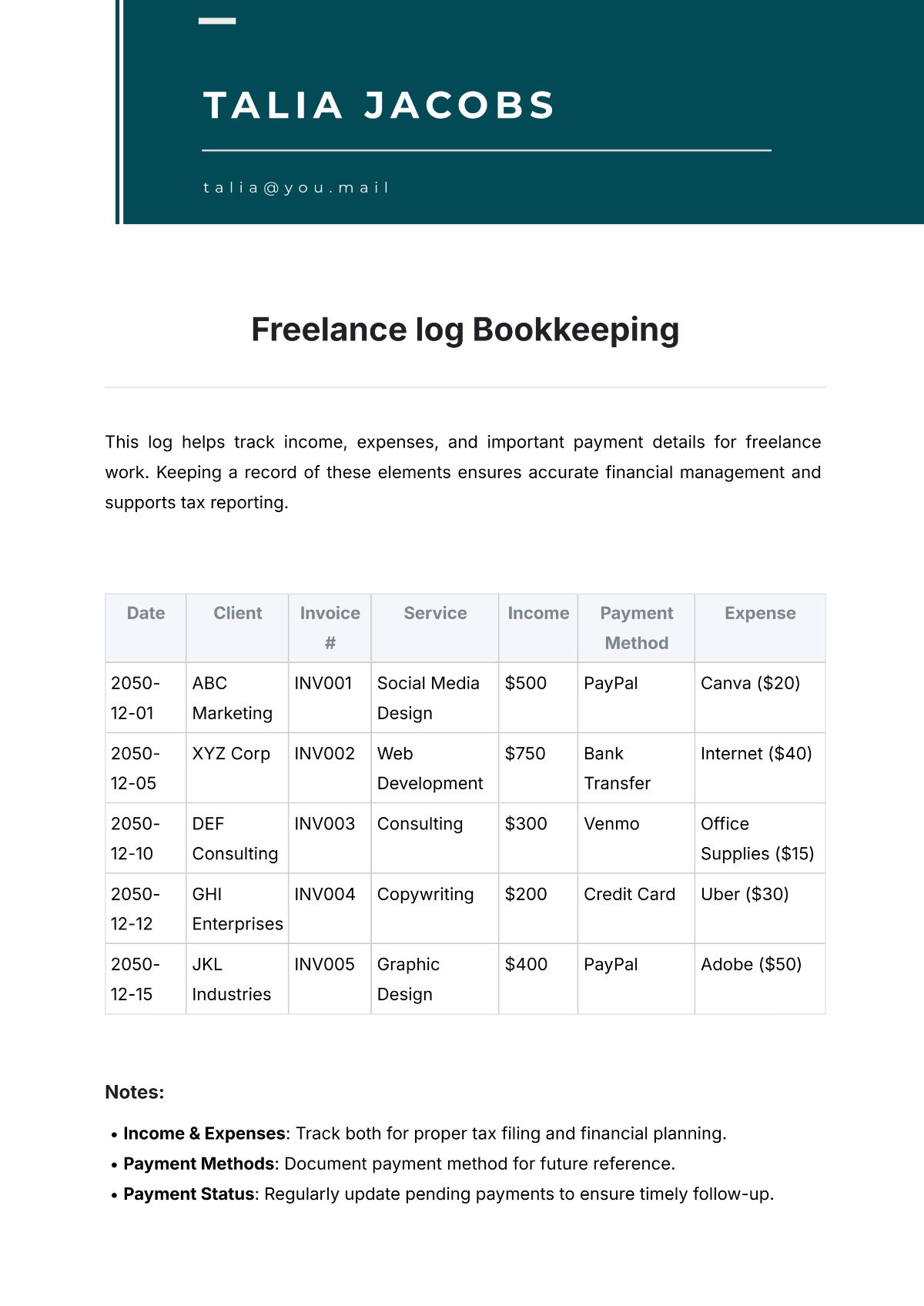Bring Your Business's Financial Clarity to Life with Bookkeeping Templates from Template.net.
Keep your business thriving, save time, and stay organized with Bookkeeping Templates from Template.net. Designed specifically for entrepreneurs and small business owners, these templates allow you to streamline your financial records effortlessly. Promote a sale by analyzing past data trends or invite stakeholders to a financial review meeting with accurate figures at hand. Each template includes sections to input essential information like dates, amounts, and financial codes, ensuring no detail is overlooked. No advanced accounting skills are required, and each template boasts professional-grade design, making Bookkeeping Templates a smart investment that saves you time while enhancing your business's professional image. The templates are customizable for both print and digital distribution, adapting to your preferred format without a hitch.
Discover the many bookkeeping templates we have on hand, meticulously crafted for every financial need you might encounter. Choose a suitable template, swap in your figures and company details, and easily tweak colors and fonts to fit your branding. Elevate your financial reports by dragging and dropping icons or graphics, and bring your presentations to life with animated effects. With AI-powered text tools, generating insightful summaries or projections becomes effortless. The possibilities are endless, and the process is entirely skill-free, ensuring even beginners can achieve professional results. Our library features regularly updated templates, meaning you'll always have access to the freshest designs and functionalities. Once your financial masterpiece is complete, download or share your work via link or email, ready to impress your stakeholders or keep internal operations running smoothly.
